We offer layaway, spread payments on the piece of your dreams. Ask us for details. Free insured shipping on all orders !!!
Weekly Antique Jewelry Herald (archive 2010)
Melting icicles
in The Garden of Adin
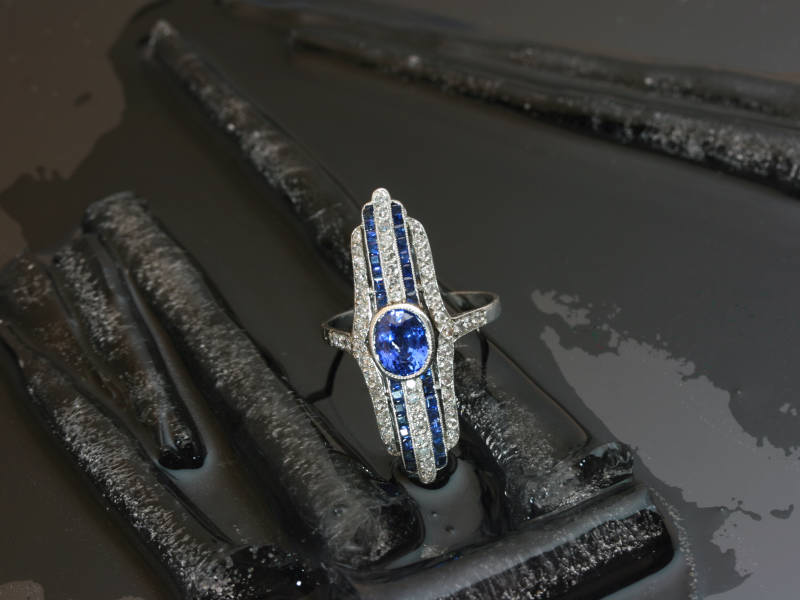
Seasons come and seasons go
but a stylish jewel is a joy forever.
Snowball fight !!!
in The Garden of Adin
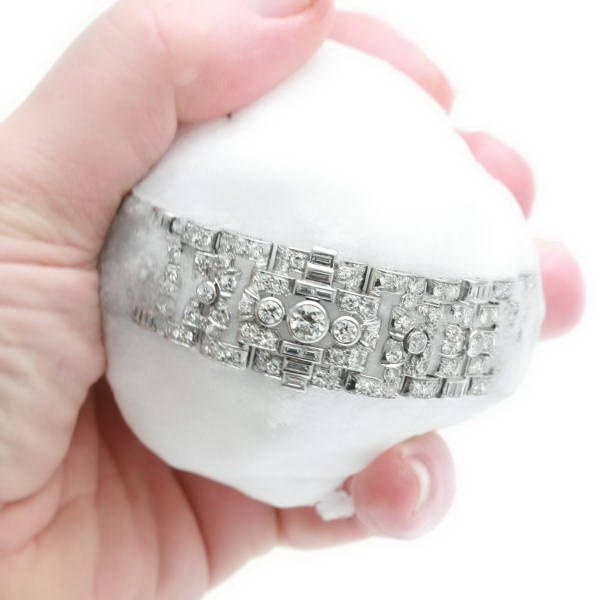
Don't you just hope to get hit sometimes?
Sorry dear...
it's going to be a frugal Christmas this year

"I spent all our Christmas decoration budget
on these beautiful earrings for you...
I hope you don't mind?"
Rubies are red my love,
sapphires are blue-hue-hue
Dear fellow antique and estate jewelry afficionado,
This will be the last mail of a serie of three without the usual weekly cute special picture or back-ground information. Don't worry this will be as much "hard marketing" as you can expect from us in a whole year. Rest assured that it will take another year before we will brag again about all those beautiful pieces of antique and estate jewelry that can be bought online from us and that it will take only about 2 or 3 working days from the moment of buying to the moment it is delivered at your doorstep.
This week's theme is to draw your attention to the fact that you can choose by color on our site. No more "What's that blue stone called again?" or "What can I wear that matches my red dress?" ... now, in the header of our site, you can simply choose the color you are looking for and you'll be shown all our jewelry with that specific color in it.
We also would like to inform you that all orders till December 22nd are still in time to be delivered before Christmas and that all orders will be specially packed in a free gift wrapping.
antiqually yours,
The Adin team
Antique and estate jewelry with something red
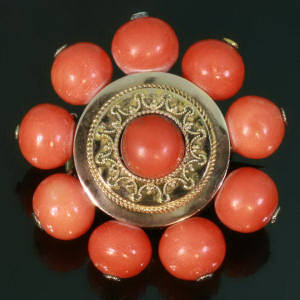 with red up to $1,500 |
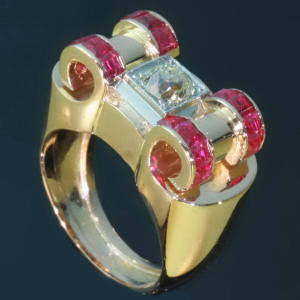 with red up to $5,000 |
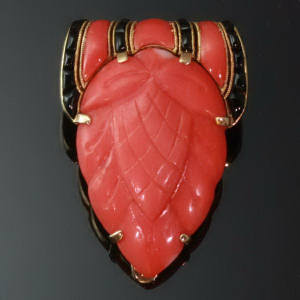 with red up to $10,000 |
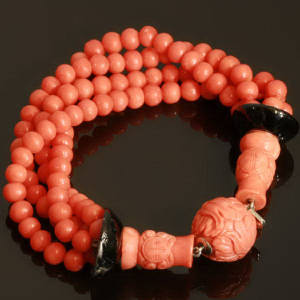 with red $10,000 + |
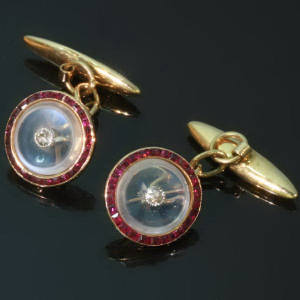 all red jewelry |
Antique and estate jewelry with something blue
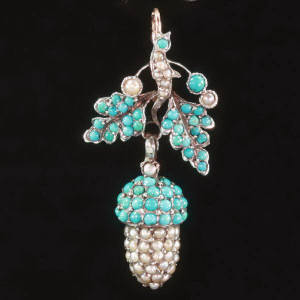 with blue up to $1,500 |
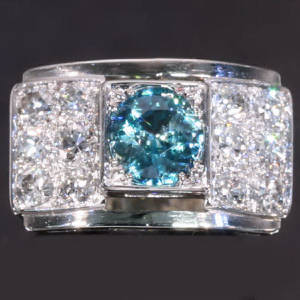 with blue up to $5,000 |
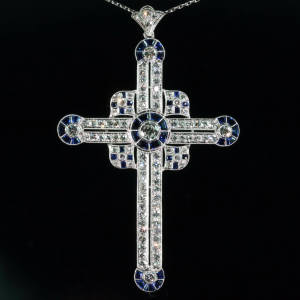 with blue up to $10,000 |
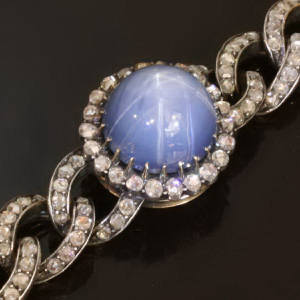 with blue $10,000 + |
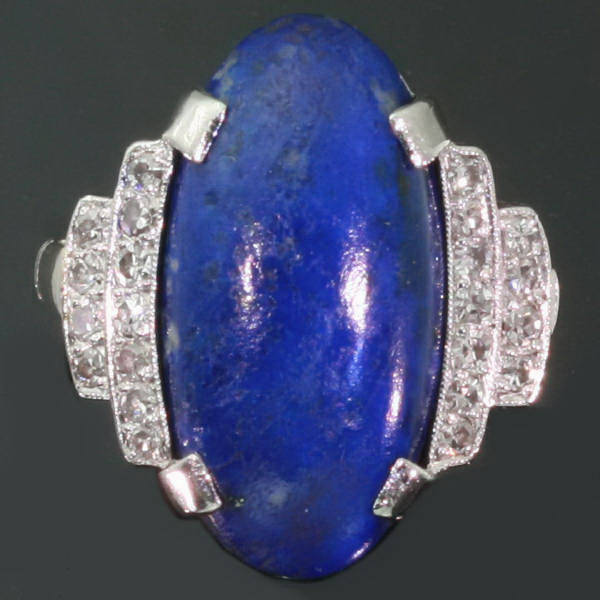 all blue jewelry |
Antique and estate jewelry with something green
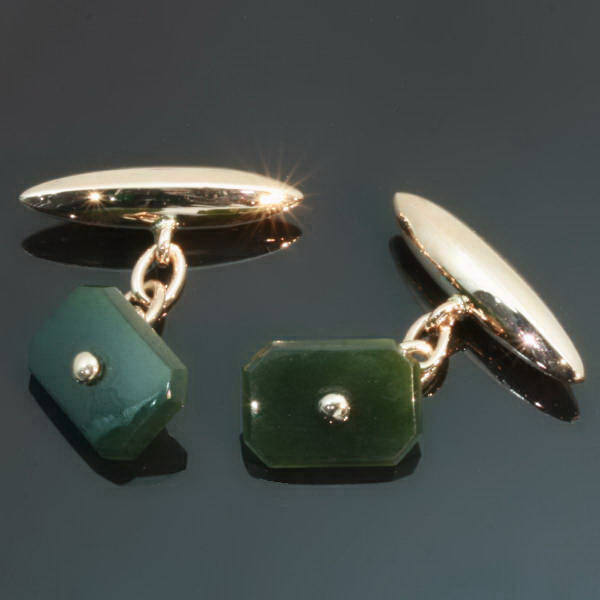 with green up to $1,500 |
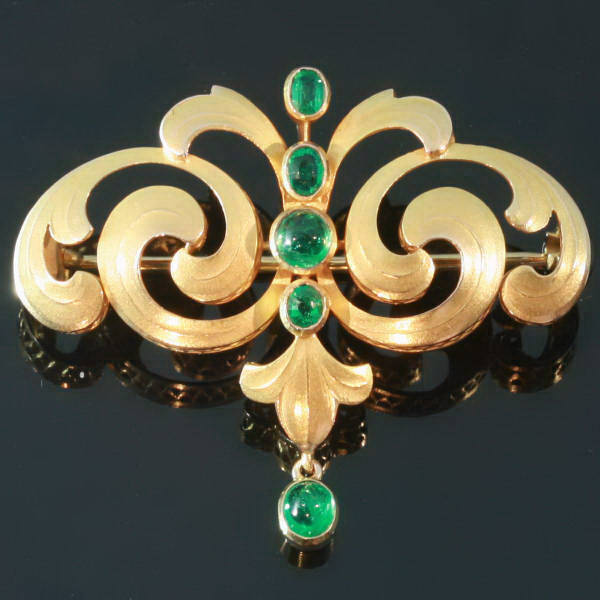 with green up to $5,000 |
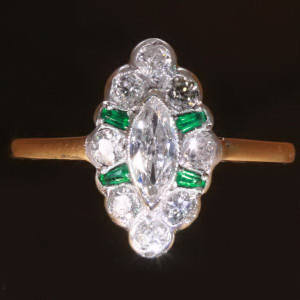 with green up to $10,000 |
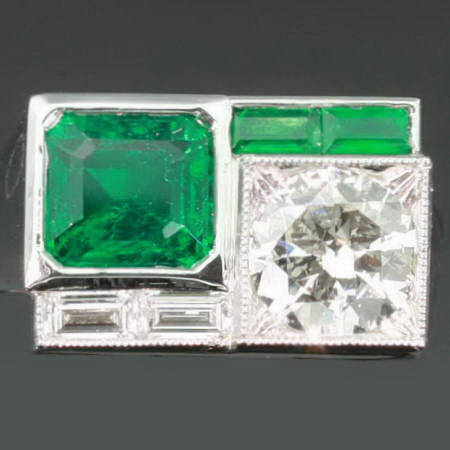 with green $10,000 + |
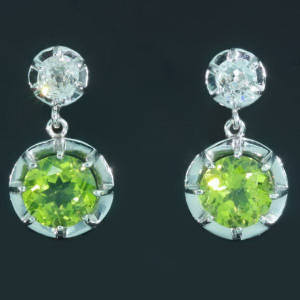 all green jewelry |
Antique and estate jewelry with something yellow
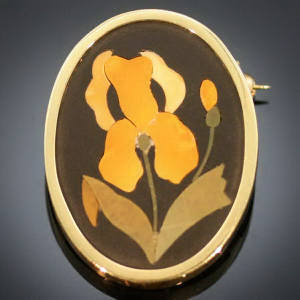 with yellow up to $1,500 |
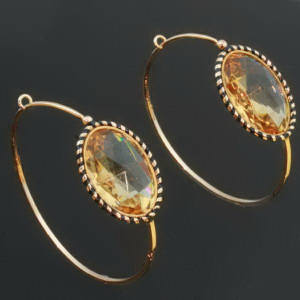 with yellow up to $5,000 |
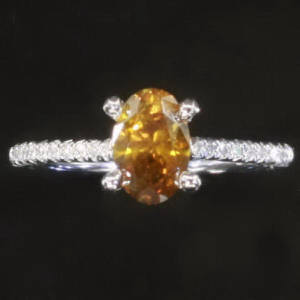 with yellow up to $10,000 |
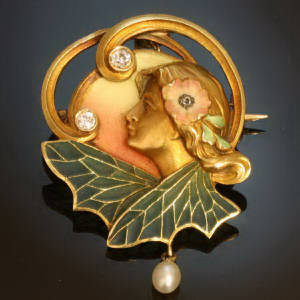 with yellow $10,000 + |
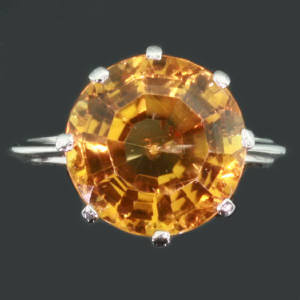 all yellow jewelry |
Antique and estate jewelry with something black
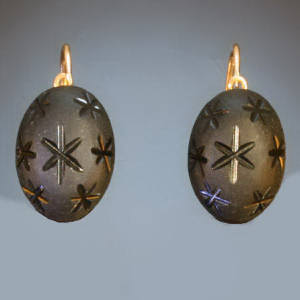 with black up to $1,500 |
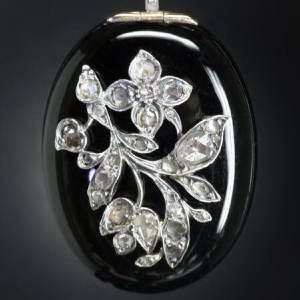 with black up to $5,000 |
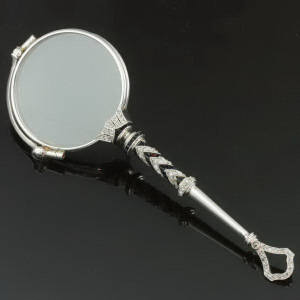 with black up to $10,000 |
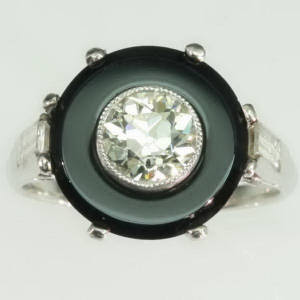 with black $10,000 + |
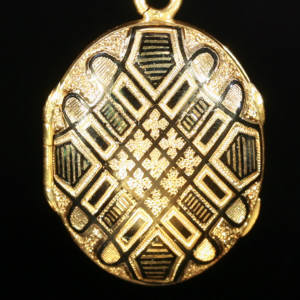 all black jewelry |
Adin goes Dutch!
(with these top notch Dutch gold filigree earrings)
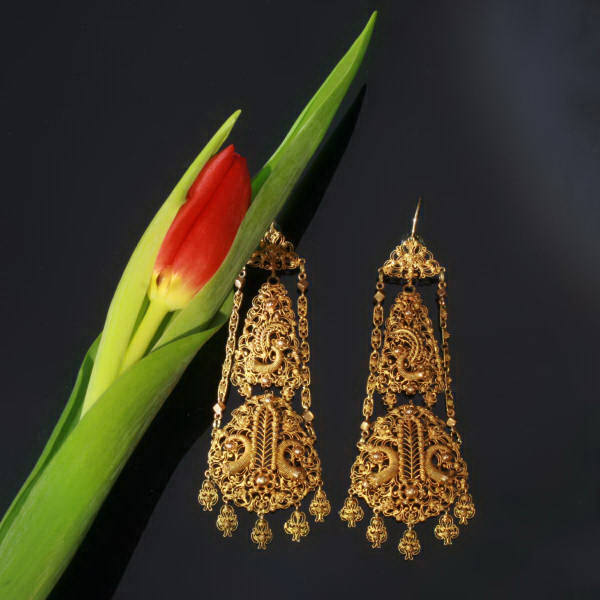 |
Without a doubt this must be the nicest pair of filigree earrings we ever had. Hard to tell exactly when they were made but we think somewhere between 1861 and 1886. We do think so because we found some hallmarks that most probably are from the master goldsmith A.Friederichs, who worked between 1861 and 1886 in Oudenbosch, the Netherlands. Clearly visible we see several motives like the Cornucopia (horn of plenty), bird's feathers and per earring five dangling motives that with some imagination could be hanging birds.
The combination of the quality of the craftmanship, the extraordinary length, the splendour of design, and their prestine condition make these earrings so special. Look and enjoy!
We also would like to inform you that all orders till December 22nd are still in time to be delivered before Christmas and that all orders will be specially packed in a free gift wrapping.
Exclusive Victorian Jewelry (1830-1900)
present suggestions part two
This time we would like to get your attention for an era that everybody heard about but perhaps would like to know a little bit more about: The Victorian era. Originally the term "Victorian jewelry" was designated for articles of jewelry made in the United Kingdom during the reign of Queen Victoria, but not all of the many varieties produced during her long reign, 1837-1901, are now generally classified as Victorian jewelry.
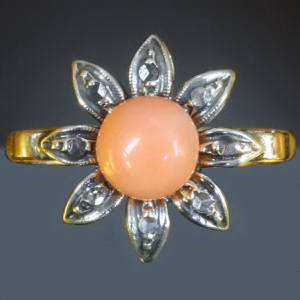 rings up to $500 |
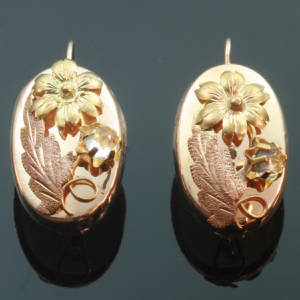 earrings up to $500 |
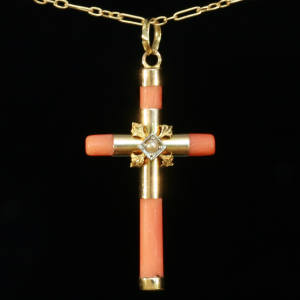 pendants up to $500 |
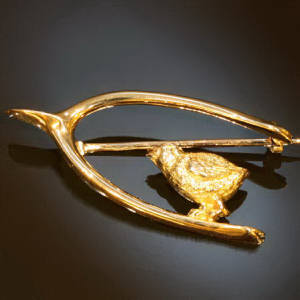 brooches up to $500 |
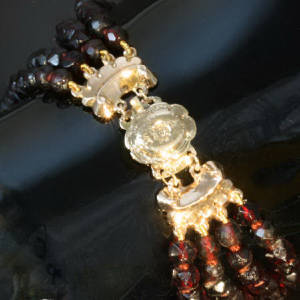 all jewelry up to $500 |
These days in the international antique jewelry trade the pieces now called Victorian jewelry are not necessarily made in the United Kingdom. The term "Victorian Jewelry" became a term used for European jewelry made in the 19th century rather then the description of a certain style-movement in a specific country.
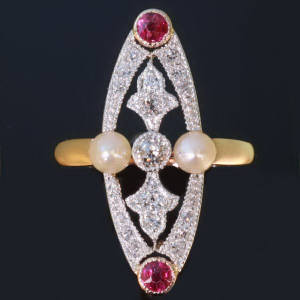 rings up to $1,500 |
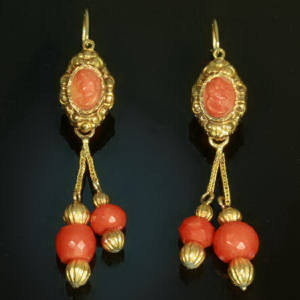 earrings up to $1,500 |
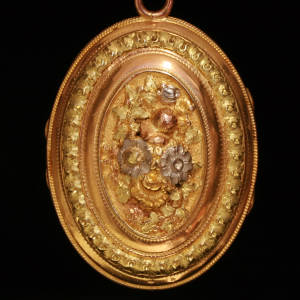 pendants up to $1,500 |
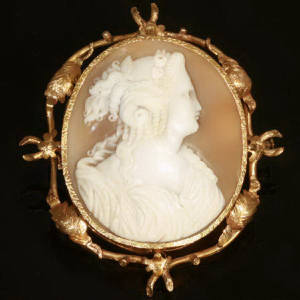 brooches up to $1,500 |
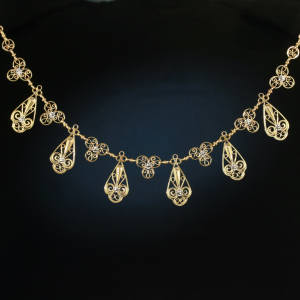 all jewelry up to $1,500 |
The Victorian era began in 1837 when a young Victoria ascended the throne of England. It ended over sixty years later when Queen Victoria died in 1901. During the early years of Victoria's reign, some jewelry was made in Gothic and Renaissance styles. The jewels of the period were often accented with seed pearls and coral. The middle period saw the vogue for ostentatious jewels decorated with the greatly increased supply of pearls and South African diamonds.
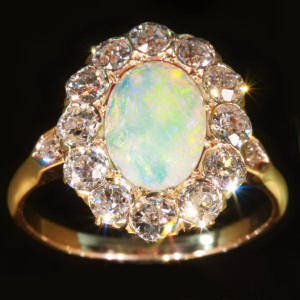 rings up to $5,000 |
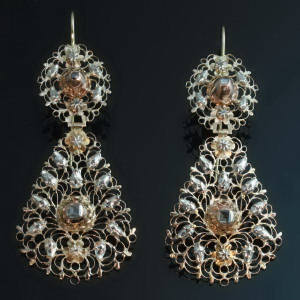 earrings up to $5,000 |
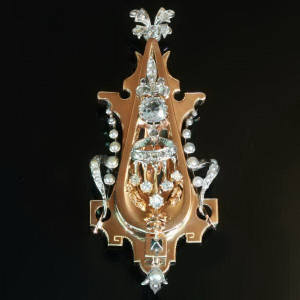 pendants up to $5,000 |
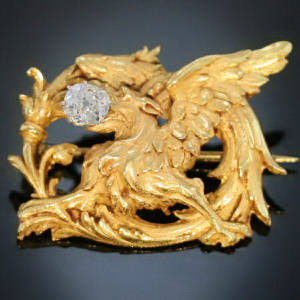 brooches up to $5,000 |
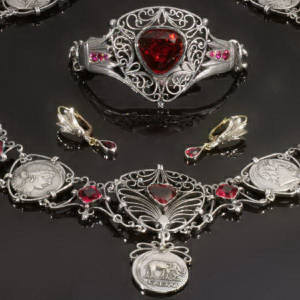 all jewelry up to $5,000 |
After the death of Prince Albert, 1861, mourning jewelry came greatly in fashion. Jewelry became darker with more somber tones. Dark onyx and deep red garnets set in gold jewels with black enamel tracery are a typical example of this period.
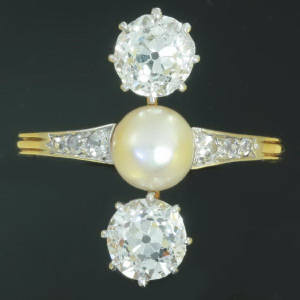 rings up to $10,000 |
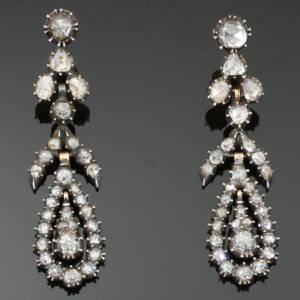 earrings up to $10,000 |
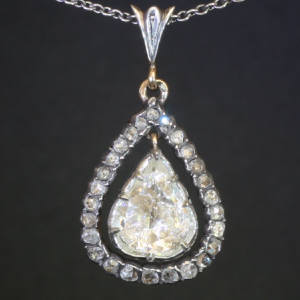 pendants up to $10,000 |
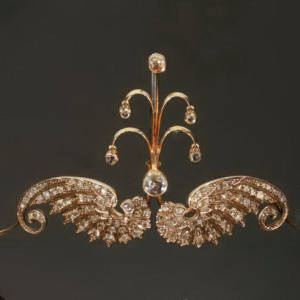 brooches up to $10,000 |
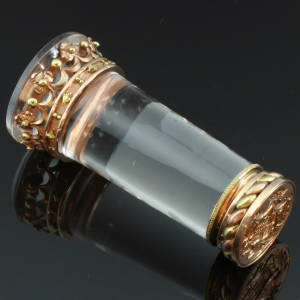 all jewelry up to $10,000 |
The 19th century saw a revival of interest in archaeological and historical jewelry, influenced by the excavations at Pompeii and the high-quality reproductions made by the Castellanis, Carlo Guiliano,and Gicinto Melillo, and the work of John Brogden. Much Jewelry was brought back by travellers as souvenirs, especially from India and Japan from c. 1850, and this was imitated in England during the 1860s to the 1880s.
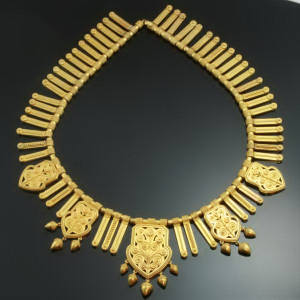 Victorian $10,000 + |
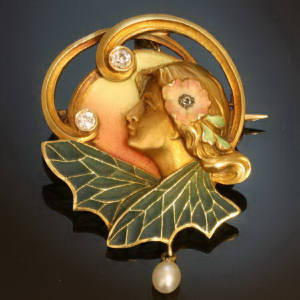 Art-Nouveau $10,000 + |
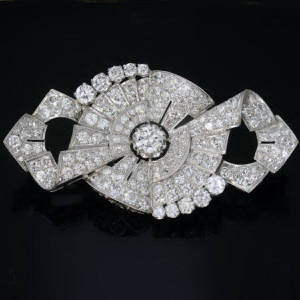 Art-Deco $10,000 + |
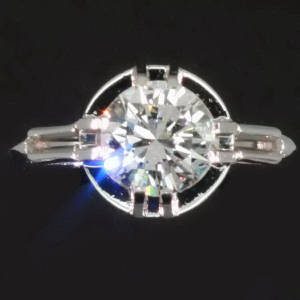 Estate $10,000 + |
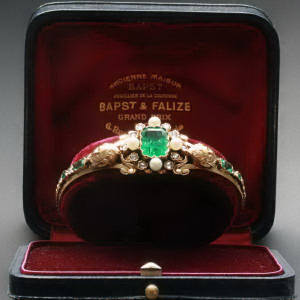 all jewelry $10,000 + |
It doesn't always have to be a turkey!
Ever thought of a parrot?
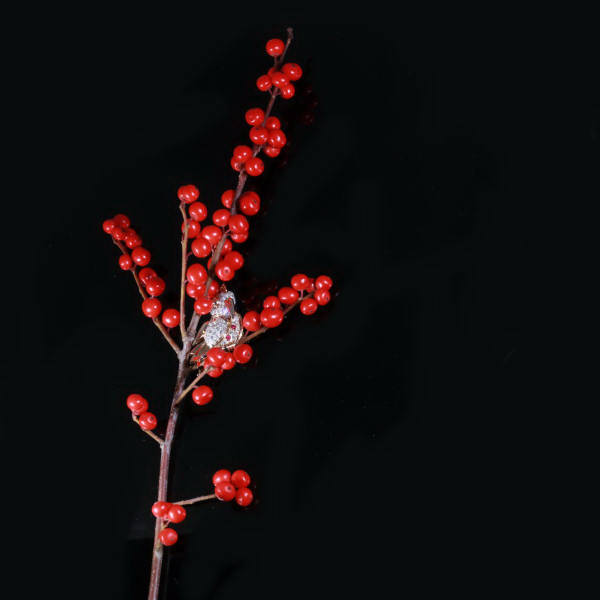
Parrots have featured in human writings, story, art, humor, religion and music for thousands of years. From the Roman poet Ovid's "The Dead Parrot" to Monty Python's Dead Parrot Sketch millennia later, parrots have existed in the consciousness of many cultures and have also been a source of inspiration for goldsmiths and jewelers all over the world. And although not hallmarked but just by the quality of the craftsmanship we believe this bejeweled birdie to be made by (or for) one of the better Haute Joaillerie Houses (high class jewelers) in France or Belgium.
"Modern Times"
now showing in The Garden of Adin
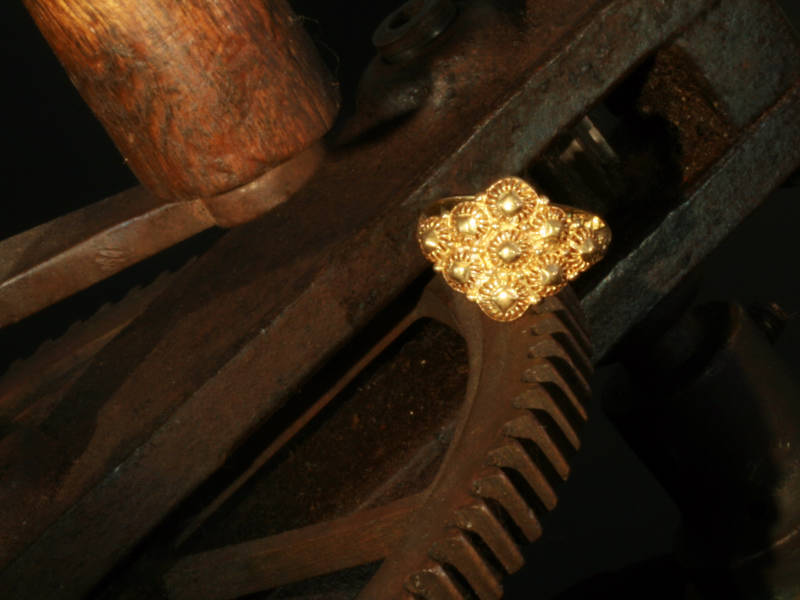
This time we present you a ring where, besides the country it was made, we even know the town it was made in. And to be even more precise we think this ring was made in the year 1679.
In many countries in Europe guilds guaranteed the integrity of the jewelry trades. They appointed assay-masters to control the objects made of precious metals checking if the right alloy was used. It is by the hallmarks that we can "read" that the ring was made in Amsterdam in the Netherlands (Holland) some 331 years ago.
Magnificent Art Nouveau Sunset
in The Garden of Adin
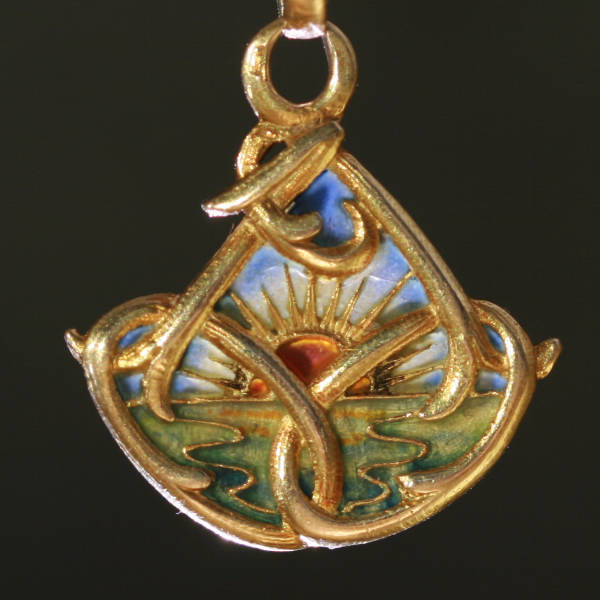
One of the nicest little pendants with plique a jour enamel we have ever seen. French Art Nouveau (ca. 1895-1905) as only the French can make it, refined, tasteful and of superb quality. Too bad we couldn't decipher the remains of the mastermark but we wouldn't be surprised if this beauty was made by one of the famous French jewelers.
Plique-à-jour, (French for "braid letting in daylight") is a vitreous enamelling technique where the enamel is applied in cells, similar to cloisonné, but with no backing in the final product, so light can shine through the transparent or translucent enamel. It has a stained-glass like appearance and is considered very challanging technically.
Find the differences
(picture hunt game by Adin)
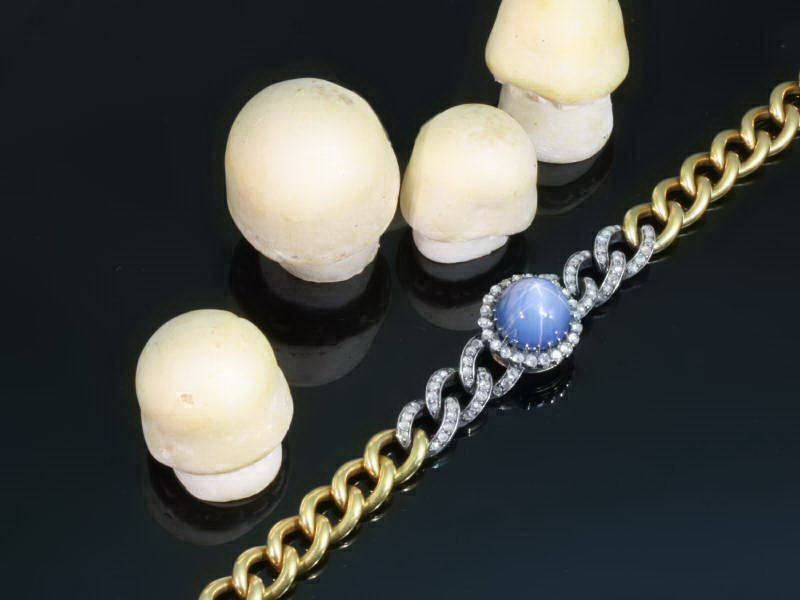 |
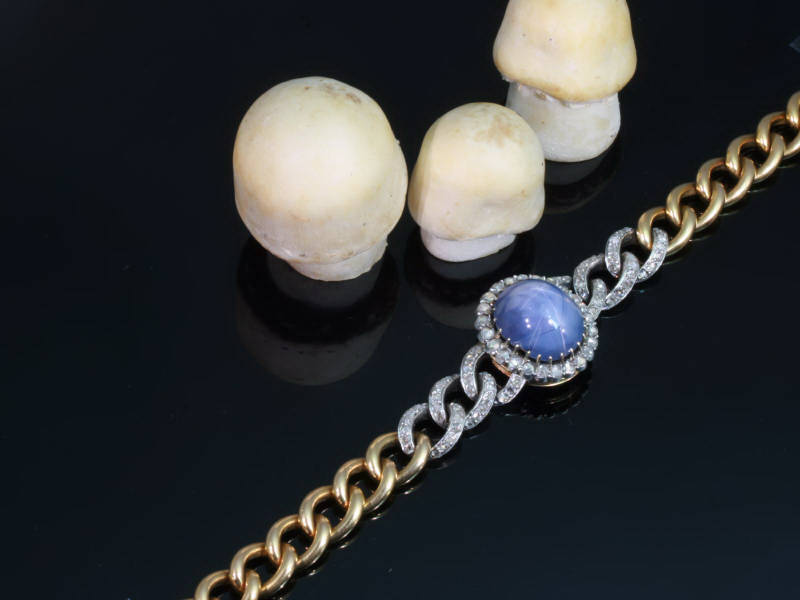 |
(Click on either picture to get to its descriptive page)
Two "Haute Joaillerie" bracelets made by Léon Gariod. This company was established by Gaucher and Tonnelier in 1859. Gaucher became the sole owner in 1869 and started a partnership with Gariod in 1875 who took over the company in 1884. The company with its address in Rue St. Augustin 29 in Paris became specialized in articulated bracelets and mat gold chains with precious stones.
Giving candy as treat is not cool
(better go to Adin to satisfy the Halloween ghoul)
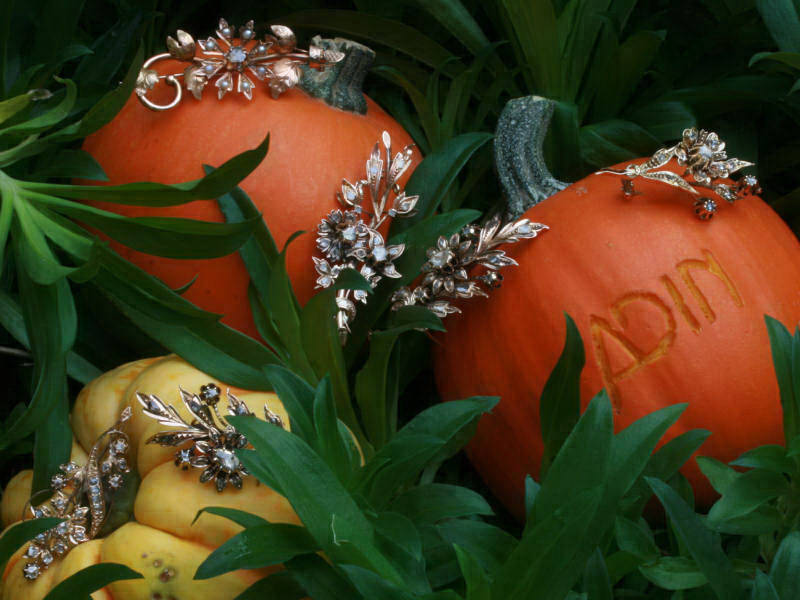
HAPPY HALLOWEEN !
Conspiracy hunters of all countries, unite!
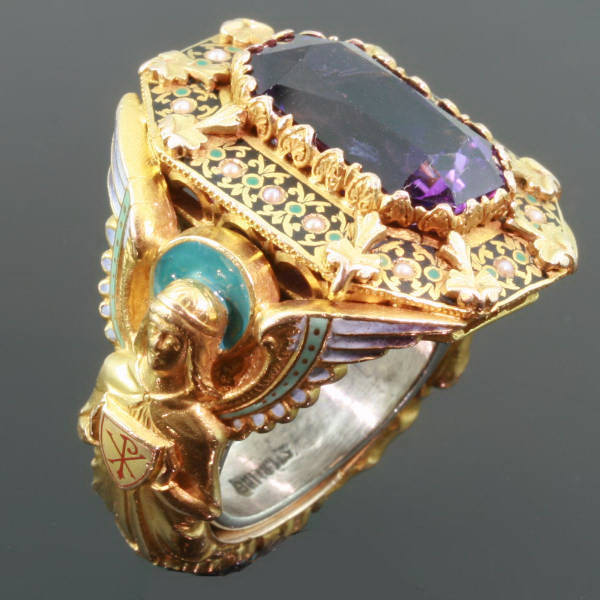 |
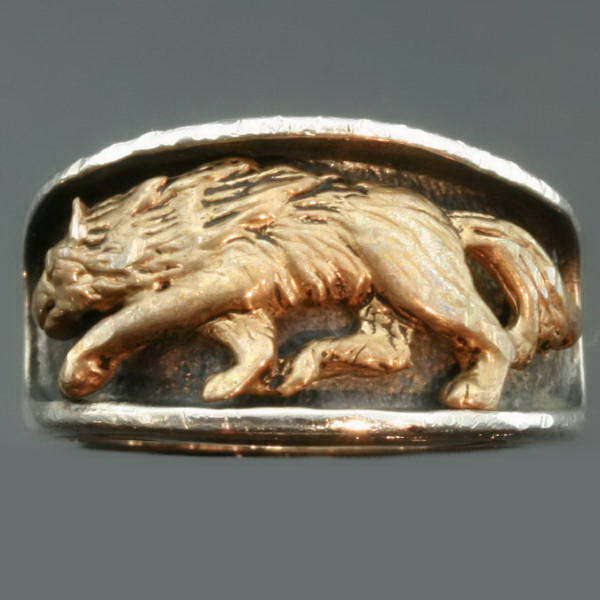 |
Before you start reading we apologize for a longer mail than normal but we think it's worth it. So make yourself comfortable, read and enjoy!
"To Whom It May Concern,
I am writing in reference to the Gold Victorian Bishops Ring (Reference Nº: 09360-4341 ) you have shown on your website. From the lack of information you have on the ring I assume you know little of it? I on the other hand do know the significant provenance of the ring.
The ring was commisioned for my great grandfather in 1869 by, the then Roman Catholic Bishop of Paris, Georges Darboy. My great grandfather, I will not disclose his name for personal reasons, was both a member of Dutch and English aristocracy. Dutch by birth and English through marriage. Georges Darboy is one of the most prominent of all the Bishops of Paris, he was an ostentatious man and held his differences with the Pope as to hid infallibility. My great grandfather and Darboy were close friends, often visiting and hunting with one another.
The ring was made during the Franco-Prussian war as a gift to my great grandfather for funding the rebuild of a significant church or chapel (I am unsure of which) in the Paris region after it is was devastated by fire years before. My great grandfather also gifted a number of relics from his private collection to the Bishop over the years before his death.
When the ring was originally made the stone it housed was a Sapphire. By all the accounts the stone was an exception example - nearly flawless and of magnificant colour. Queen Victoria herself admired the stone in a letter to my great grandmother. Unfortunately the sapphire was accidentaly broken some years later and replaced by the current stone. We still have three rather large stones that were cut from the original broken sapphire. We also have a portrait of my great grandfather wearing the ring in 1887 with the original sapphire.
Georges Darboy was killed in Paris by the Communards during their takeover of Paris in 1871.
The ring passed to my grandfather and then onto my father. It was left accidentally in the Netherlands upon my fathers escape to England upon the Nazi invasion of the Netherlands. The ring was never seen again. It is great to see that it survived the war and subsequent years.
Unto the ring itself, the Chi-Rho is indeed a Chir-Rho but also the representation of the latin word PAX, meaning 'peace'. Darboy expressed this as his wish for peace between France and Prussia. The initials are that of my great grandfather. The inner ring with the wolf does not have any connection to the Jesuits. Neither Darboy or my great grandfather had a connection to the Jesuits. The wolf ring was made shortly after the main ring to fit my great grandfathers finger without gloves - this way he could wear it to mass. The wolf itself represents the nickname of my great grandfather.
Sadly, I am not in a position to purchase the ring but I would appreciate that the provenance of the ring be passed onto the person that does purchase the stone. I do not mind you providing this information on your website as long as no reference to myself or family are made with it.
Kind regards, *******"
We thought so too, but to make this long and interesting story even more interesting, we invite you to visit the describing page of this ring, where we pasted the same story but added a link that will please the conspiracy hunters among our customers.
Enjoy!
Traces of noble peacock
in the Garden of Adin
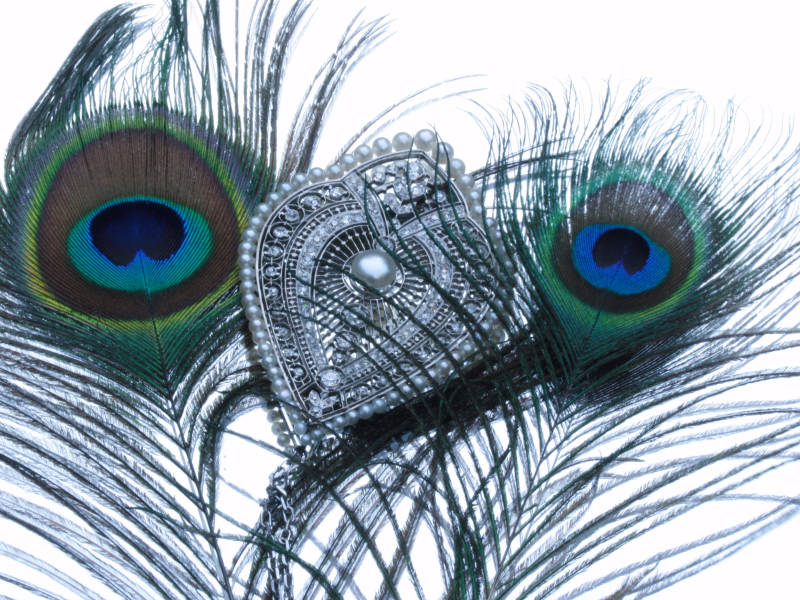 |
Early this week, while prowling the fairylike Garden of Adin in Antwerp, Belgium, the Gardener found a bejeweled feather. Although not proven by hard facts yet the Gardener suspects this to be of a new peacock species. We'll keep you updated!
A true miracle
in the Garden of Adin!
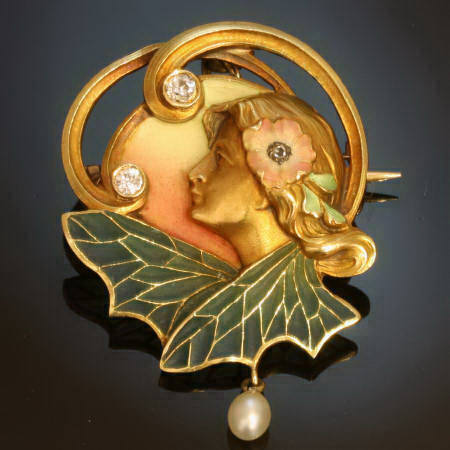 |
Last Thursday around noon, while studying jewelry books on Art Nouveau jewelry, we discussed a piece that was pictured in it. Then, out of the blue, about half an hour later, a couple walked into our store and offered us that specific jewel! We didn't have to think twice to add this beauty to our collection. A real Garden of Adin miracle!
Bacchus spotted
in the Garden of Adin!
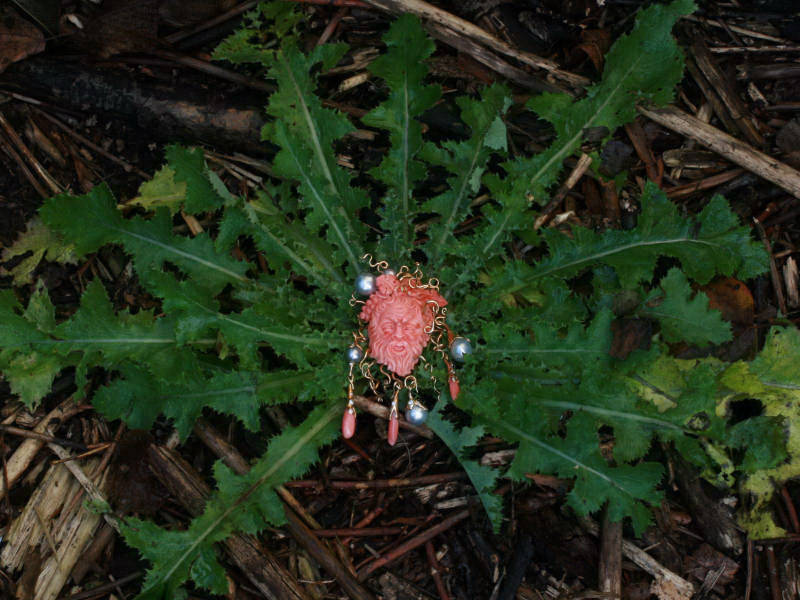 |
Antwerp, October 03 (Reuters) — Botanists at Adin, Antwerp - Belgium have just announced the discovery of a new plant species in a remote area in The Garden of Adin. They say this underscores the importance of conservation efforts in the ancient tropical forests of the region. Lead author and researcher Elkan Wijnberg at Adin Antique Jewelry suggested that it will be named “Runco Adinus Solis Viridis Bacchus”
According to Adin experts, the species is at risk from extraction. However, local authorities -- in particular the Garden of Adin Forest Protection Department -- have committed to conserve and sustainably manage this valuable plant (and will only sell it to the true collector).
Fairylike Elf Couches
in the Garden of Adin
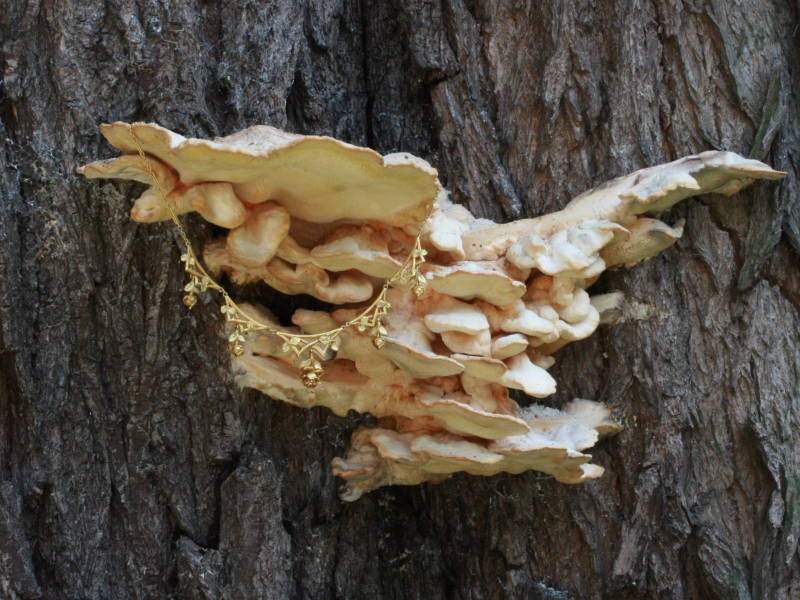 |
Turkey tails (in Latin: "Trametes versicolor" and in Dutch "Elfenbankje" which means "Couch for elfs") is an extremely common polypore mushroom which can be found throughout the world and thus also in The Garden of Adin.
Versicolor means 'of several colours' and it is true that this mushroom is found in a wide variety of different colours and shapes. Therefor to local experts it was no surprise that the Gardener of Adin came upon this beauty here. A picture was taken to share the true beauty of this miracle of Mother Nature with you.
Look and enjoy!
Recipes d'Amour
Nuts for Antique Jewelry
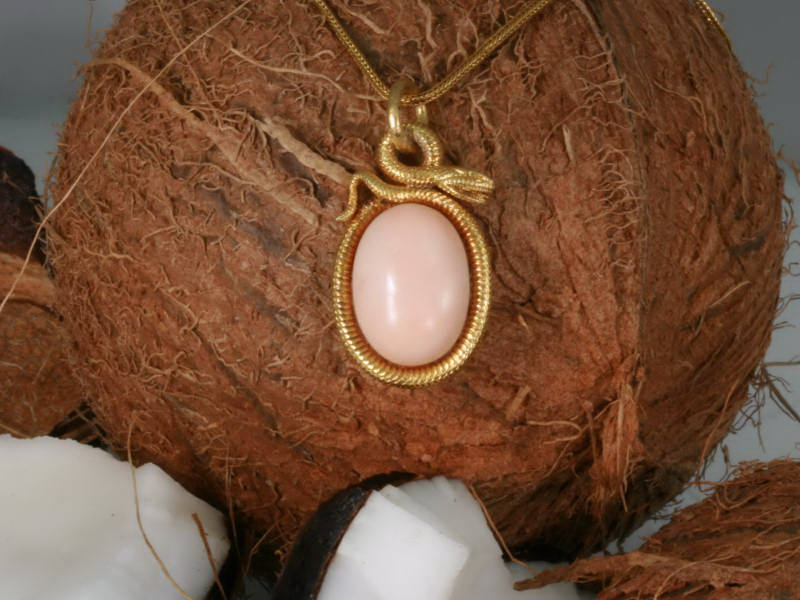 |
La nouvelle cuisine d'Adin
proudly presents:
Adin Coconut Soup
Ingredients
* 1 piece of Adin antique jewelry
* one onion
* 2½ cup vegetable stock
* 400ml coconut milk
* 2 tablespoons fresh lemon juice
* 2 tablespoons tamari
* 2 tablespoons brown sugar
* ¼ cup fresh grated ginger
* juice and zest of 1 lime
* chilli paste to taste
Method:
Cut up the onion and fry in olive oil in a large saucepan.
Add the stock, ginger, lime juice, lime zest, lemon juice, tamari, brown sugar, and chili paste.
Bring it to boil.
Reduce heat, dissolving sugar (2 to 3 minutes).
Add coconut milk and simmer for 5 minutes.
Serve:
Serve hot.
Eat and only then give the piece of Adin Antique Jewelry as present to your beloved one.
(Hence the name of this recipe: "Nuts for Antique Jewelry".)
Preparation time: ca. 30 min
Grade of difficulty: easy
Grade of success with your present: immeasurable
Recipes d'Amour
Sweet, Sour and Beautiful
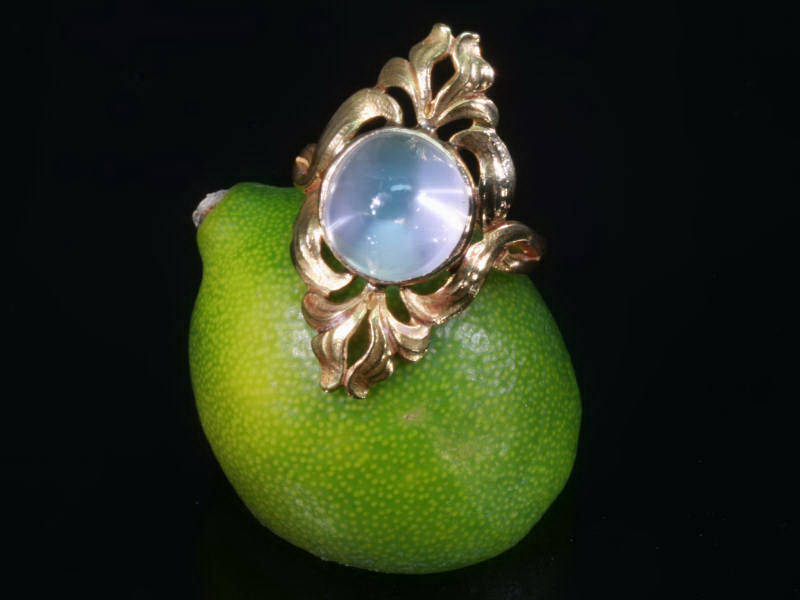 |
La nouvelle cuisine d'Adin
proudly presents:
Cumquat Marmelade
Ingredients
* 1 Adin antique ring
* 24 green cumquats
* 2 oranges
* ca. 2kg (10 cups) sugar
* juice of 2 lemons
* ca. 2 litres (8 cups) water
Method
Take the Adin antique ring from your finger.
Remove pips from cumquats and oranges, chop them and combine together in a bowl. Using a mug, measure them into a large saucepan. Add 3 mugs of water per each mug of fruit. Let stand in a cool place for 12 hours (or overnight)
Bring the fruit mixture to the boil, reduce heat and simmer until the rind is very tender. Remove from heat and measure cooked fruit. Add one mug of sugar to the pan for every mug of the fruit mixture. Mix in the lemon juice, about 3 tablespoons.
Return the fruit to the pan, and bring to the boil once again. Boil, stirring occasionally, until the gel stage is reached (the temperature of the marmalade should be about 105 C when checked with a kitchen thermometer.) Remove from heat, and skim foam from the surface.
Transfer the mixture to sterile jars, leaving a bit of headspace, and seal immediately. Process any unsealed jars in a water bath. Refrigerate after seal has been broken.
Put the Adin antique ring back on your finger.
Preparation time: ca. 75 min
Grade of difficulty: easy
Calories per portion: absolutely
If I had a rose,
for every time I thought of you...
I'd be picking roses for a lifetime.
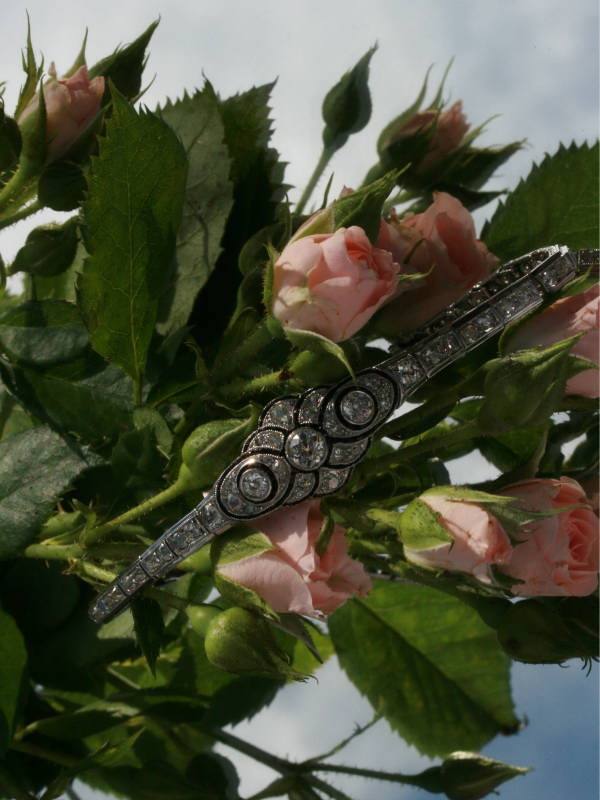 |
Art Deco bracelet
Antique jewelry object group: bracelets
Country of origin: Although it does not carry any legible control marks we believe this to be of Belgian origin.
Style: Art Deco
Style specifics: Abstract motives and geometrical forms are quite typical for the Art Deco period.
Period: ca. 1920
Material: platinum
Diamonds: Three old mine brilliant cut diamonds with a total estimated weight of approx. 0.85 crt. , 54 old mine brilliant cut diamonds with a total estimated weight of approx. 3.50 crt.
and 12 rose cut diamonds. We do not have the weight of the diamonds which is normal in our trade when it comes to rose cuts.
Note: All diamond weights, color grades and clarity are approximate since the stones were not removed from their mounts to preserve the integrity of the setting.
Total diamond weight: approx. 4.35 crt. (without the rose cut diamonds)
Precious stones: Many little carre and baguette cut onyx stones
Birthstones: Diamond is the birthstone (or month stone) for April and onyx for July.
Hallmarks: No trace
Condition: excellent condition
Dimensions: length 17.80 cm (7.01 inch)
Weight: 12.40 gram (7.97 dwt)
Reference Nº: 10103-4295
Let's write it in the book of love!
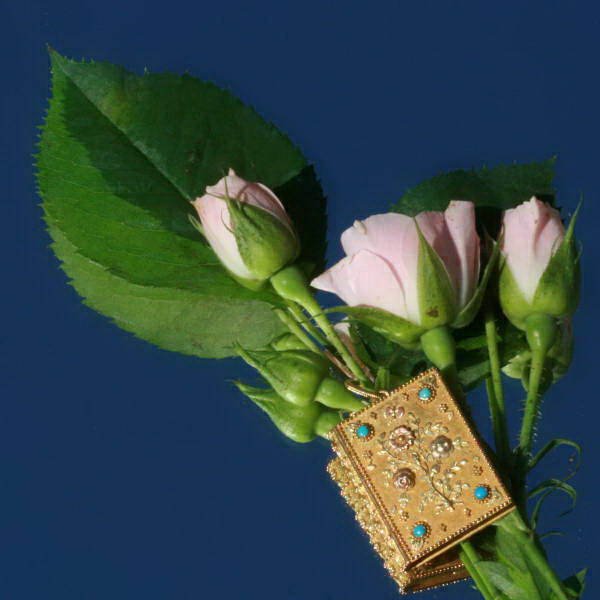 |
Georgian gold love pendant
Look what we found! A truly magnificent Georgian (the era before the Victorian period) gold love pendant with forget-me-nots and roses in the shape of a book. Inside there is a compartment where still a lock of hair is kept. On the outside of the locket on both sides we see a little bouquet of flowers, roses and forget-me-nots and when looking close we can even recognize a little butterfly.
Antique jewelry object group: lockets and pendants
Country of origin: France
Style: Georgian
Period: ca. 1820
Source of inspiration: Mother nature (see also flower symbolism)
Theme: book
Material: 18K tri-color (red, yellow, green) gold
Technique: Granulation is a technique where the goldsmith uses very small balls (granules) of metal, which are not soldered to the piece but welded. This technique demand very high skills and precision from the maker.
Extra information: Although not certain, the light blue color used in this jewel could refer to the color of the forget-me-not flower, a popular color used among lovers.
Precious stones: eight turquoises
Birthstones: Turquoise is the birthstone (or month stone) for December.
Hallmarks: The French control mark representing an ram's head that was in use in France from about 1817.
Condition: excellent condition
Dimensions: 3.04 cm (1.20 inch) x 2.42 cm (0.95 inch)
Weight: 19.80 gram (12.73 dwt)
Reference Nº: 10165-0470
Heavenly tranquilizer
from the Garden of Adin
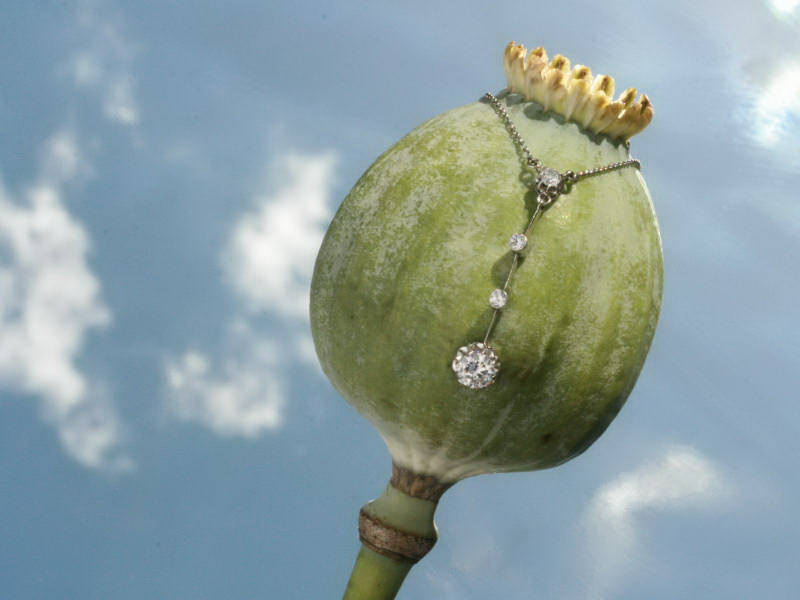 |
Charming Art Deco diamond platinum pendant
Antique jewelry object group: pendants
Country of origin: Although it does not carry any legible control marks we believe this to be of Belgian origin.
Style: Art Deco
Period: ca. 1920
Material: platinum
Diamonds: One old brilliant cut diamond with an estimated weight of approx. 0.50 crt. and three old mine brilliant cut diamonds with a total estimated weight of approx. 0.22 crt.
Total diamond weight: approx. 0.72 crt.
Birthstones: Diamond is the birthstone (or month stone) for April.
Condition: excellent condition
Dimensions: height pendant 3.57 cm (1.41 inch), length necklace 33.00 cm (12.99 inch)
Weight: 3.50 gram (2.25 dwt)
Reference Nº: 09306-4275
Recipes d'Amour
The "oh la la" soup
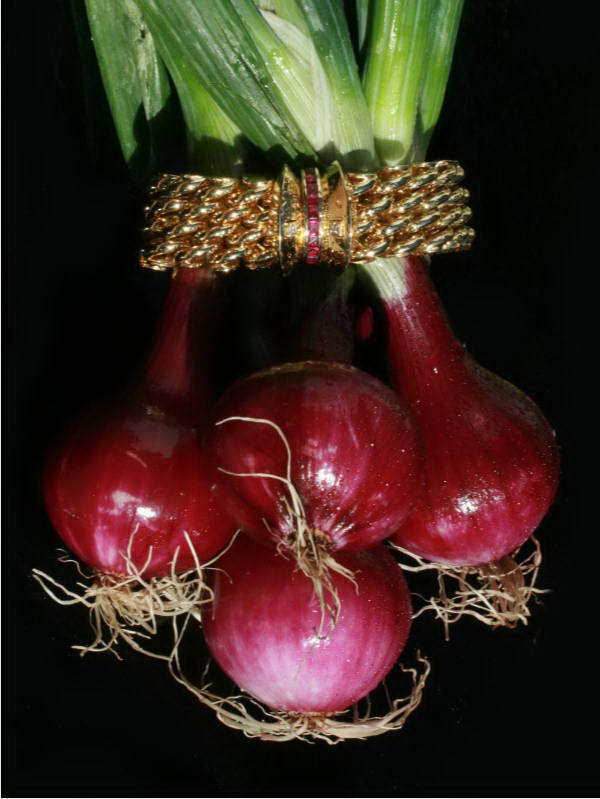 |
La nouvelle cuisine d'Adin
proudly presents:
Onion Summer Bracelet Soup
The secret trick to the great Adin French Onion Summer Bracelet Soup is starting with good beef stock. Another important point of attention is the proper caramelization of the onions. Caramelizing onions take at least half an hour of slow cooking the onions over medium high heat. The browning (or caramelizing) of the onions brings out the sweetness in them.
Ingredients
* 6 large red (or yellow) onions, peeled and thinly sliced.
* Olive oil
* 1/4 teaspoon of sugar
* 2 cloves garlic, minced
* 8 cups of beef stock, chicken stock, or a combination of the two
* 1/2 cup of dry vermouth or dry white wine
* 1 bay leaf
* 1/4 teaspoon of dry thyme
* Salt and pepper
* 8 slices of toasted French bread
* 1 1/2 cups of grated Swiss Gruyere with a little grated Parmesan cheese
* one antique bracelet (a nice estate or vintage bracelet can do too)
Method
1) Put on the bracelet before you start cooking.
2) Sauté the onions in the olive oil in a large saucepan on medium high heat until well browned (not burned!) about half an hour (or longer). Add the sugar about 10 minutes into the process to help with the carmelization.
3) Add garlic and sauté for 1 minute. Then add the stock, vermouth (or wine), bay leaf, and thyme. Cover partially and simmer until the flavors are well blended, for another 30 minutes. Season to taste with salt and pepper and take out
the bay leaf.
4) Serve either in individual oven-proof soup bowls or one large casserole dish. Ladle the soup into the bowls or casserole dish, cover with the toast and sprinkle with cheese.
Put under the broiler for 10 minutes at 180 degrees Celcius (350 degrees Fahrenheit), or until the cheese bubbles and is slightly browned. Serve immediately.
Reason for the bracelet in this recipe?
Why not? Any reason to wear antique and estate jewelry is a good one.
Preparation time: ca. 75 min
Grade of difficulty: easy
Calories per portion: definitely
Click here for all our antique jewelry that can be worn during cooking.
Recipes d'Amour
How do you like your eggs in the morning?
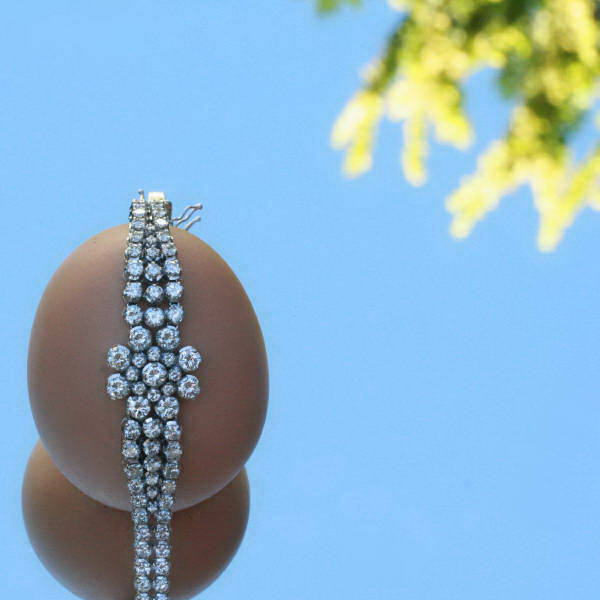 |
"La nouvelle cuisine d'Adin"
proudly presents:
A successful egg recipe
Ingredients:
1 egg
1 estate bracelet
Method:
boil egg for 3 to 5 minutes
Serve:
Hot or cold with bracelet decorated around it.
Preparation time: ca. 5 min
Grade of difficulty: easy
| Nutrition Facts | |
| Serving Size 1 large | |
| Amount Per Serving | |
| Calories 77 | Calories from Fat 48 |
| % Daily Value * | |
| Total Fat 5.28g | 8% |
| Saturated Fat 1.627g | 8% |
| Polyunsaturated Fat 0.704g | |
| Monounsaturated Fat 2.03g | |
| Cholesterol 211mg | 70% |
| Sodium 139mg | 6% |
| Total Carbohydrate 0.56g | 0% |
| Sugars 0.56g | |
| Protein 6.26g | |
| Vitamin A | 0% |
| Vitamin C | 0% |
| Calcium | 2% |
| White Gold 27.1g | 75% |
| Diamonds 245 pcs | 10.34 crt |
| Aesthetics | 100% |
| * Percent Daily Values are based on an average diet. Your daily values may be higher or lower depending on your jewelry needs. | |
Click here for all our bracelets that can be used as decoration.
Recipes d'Amour
Broche à l'orange
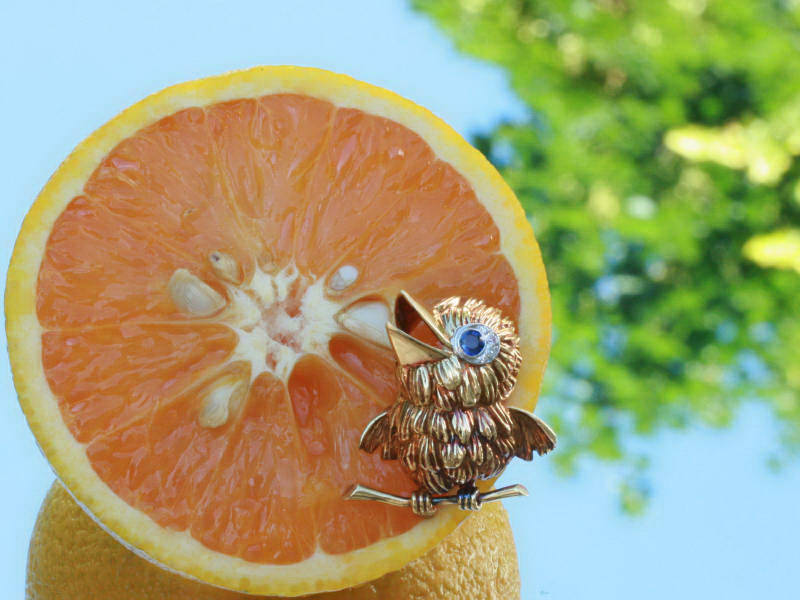 |
"La nouvelle cuisine d'Adin"
proudly presents:
Brooch with freshly squeezed orange juice
Ingredients:
some oranges
1 Adin estate brooch (can be antique too)
Method:
cut oranges in half
squeeze oranges until all juice is drained out
Serve:
Best cold in glas with brooch in gift box aside.
Preparation time: ca. 5 min
Grade of difficulty: easy
| Nutrition Facts | |
| Serving Size 249 g | |
| Amount Per Serving | |
| Calories 112 | Calories from Fat 1 |
| % Daily Value * | |
| Total Fat 0g | 0% |
| Saturated Fat 0g | 0% |
| Trans Fat | |
| Cholesterol 0mg | 0% |
| Sodium 2mg | 0% |
| Total Carbohydrate 27g | 9% |
| Dietary Fiber 0g | 0% |
| Sugars 21g | |
| Protein 2g | |
| Vitamin A | 5% |
| Vitamin C | 161% |
| Calcium | 2% |
| Gold | 75% |
| Diamonds | 6% |
| Aesthetics | 100% |
| * Percent Daily Values are based on an average diet. Your daily values may be higher or lower depending on your jewelry needs. | |
Click here for all our bird brooches that can be used to decorate your orange juice.
So sorry dear,
I couldn't get you nicer flowers!
(but I think the wrapping band makes up for it a bit)
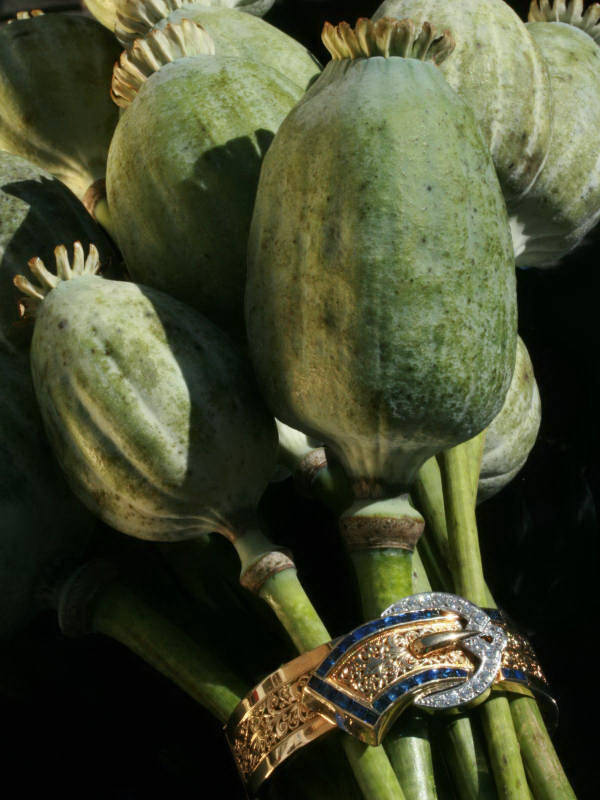 |
Decorative Art Retro/Fifties gold bangle
set with diamonds and sapphires.
Country of origin: Belgium
Style: Something between Art Retro and Fifties (of the twentieth century)
Style specifics: Retro Style is a recent designation for the period in the forties when large scale, stylized geometric forms, drapes, bows or ribbons were all the rage. Pink Gold, set with colored stones, sometimes in
floral forms was common. But this type of jewelry is also very specific for the fifties of the twenthieth century.
Period: ca. 1950
Theme: belt
Material: platinum and 18K yellow gold
Diamonds: 16 semi-modern brilliant cut diamonds with a total estimated weight of approx. 1.28 crt. Their cut is semi-modern as the stones are polished around 1950 which means that although to today's standards they are
considered to be modern brilliant cuts, their cullet (the point at the bottom) are still polished flat. Three single brilliant cut diamonds (also called 8/8) with a total estimated weight of approx. 0.12 crt.
Note: All diamond weights, color grades and clarity are approximate since the stones were not removed from their mounts to preserve the integrity of the setting.
Total diamond weight: approx. 1.40 crt.
Precious stones: 25 sapphires
Birthstones: Diamond is the birthstone (or month stone) for April and sapphire for September.
Hallmarks: "950pt" indicating a platinum alloy of 95%, 750 indicating 18K gold and the outer shape of the master mark is in the shape of a barrel and was taken in use in Belgium since 1952.
Condition: excellent condition
Dimensions: inner circumference 19.50 cm (7.68 inch)
Weight: 52.00 gram (33.44 dwt)
Reference Nº: 10105-4294
Recipes d'Amour
with vitamin boosters from the Garden of Adin
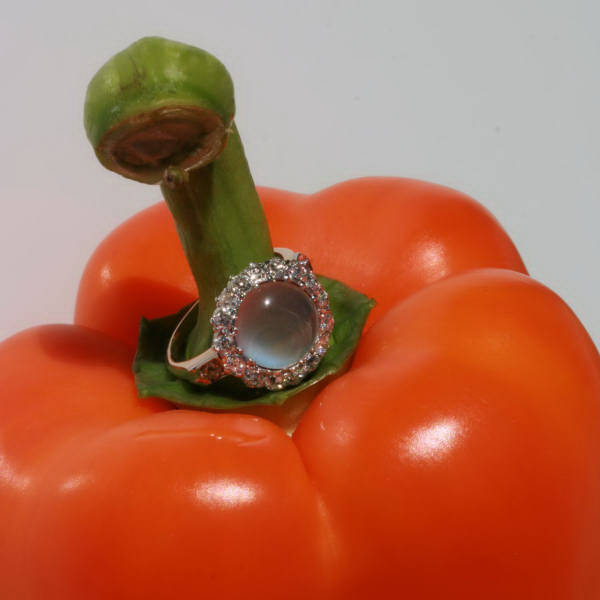 |
Orange Paprika Summer Soup
Ingredients:
1 kilo orange paprika's
½ kilo carrots
little bulb fresh ginger
one onion
poultry stock
For decoration:
sour cream
fresh chervil
as many antique rings as you wish
Method:
process the paprika, carrots and ginger through a juice extractor
cut up the onion and fry in olive oil
add the juice and stock
(no need to add water)
boil for a bit
spice up with salt, pepper and a pinch of cayenne pepper
Serve:
Hot or cold with sour cream and chervil on top and antique ring(s) aside.
Enjoy!
Preparation time: ca. 45 min
Grade of difficulty: easy
Calories per portion: probably
Click here for all our antique rings that can be used as decoration.
Recipes d'Amour
using fresh fruits from the Garden of Adin
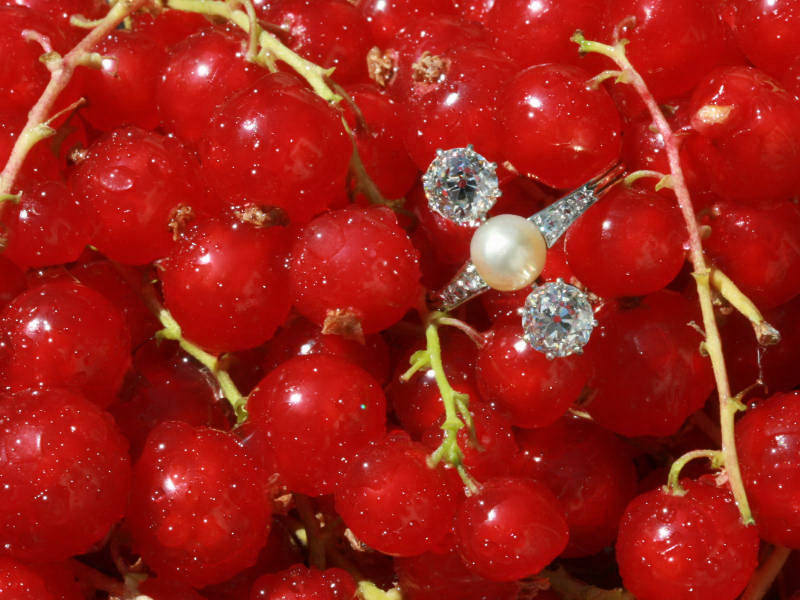 |
Red Currant Cheesecake
For the Filling:
8 small jam filled Swiss rolls, cut into thick slices
1800 g mascarpone
16 tbsp red currant jelly, melted
900 g caster sugar
16 medium eggs, separated
1200 ml whipping cream
120 g powdered gelatine
24 tbsp water
920 g red currants, washed
For the topping:
1200 ml whipping cream
For Decoration:
400 g red currants, washed
1 antique ring
Method:
Arrange the roll slices in the bottom of a greased springform, making sure that they completely cover the bottom.
Filling:
Soften the cheese in a large mixing bowl. Beat in the red currant jelly, half of the sugar, the egg yolks and cream.
Combine gelatine and water in a small saucepan and stir until the gelatine has dissolved and then beat the gelatine into the cheese mixture. Remove from heat and leave to set.
Whisk the egg whites until stiff, then whisk in the remaining sugar. Fold into the cheese mixture and add the currants. Toss to combine and then spoon the mixture into the prepared springform. Chill for 3 hours.
Topping:
Whip the cream until stiff and pipe or swirl on top of the cheesecake.
Decorate with red currants and finish with pictured ring. Succes guaranteed!
Preparation time: ca. 45 min
Grade of difficulty: easy
Calories per portion: don't ask
Click here for all our antique rings that can be used as topping.
Summer in the Garden of Adin
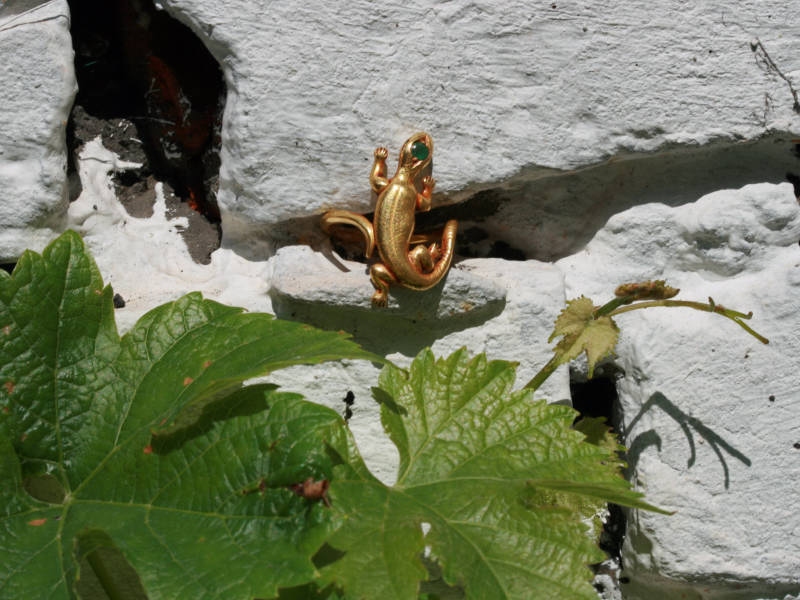 |
“Precisely the least, the softest, lightest,
a lizard's rustling,
a breath, a flash, a moment...
a little makes the way of the best happiness.”
(Friedrich Nietzsche 1844-1900)
Art Deco jewelry at Adin
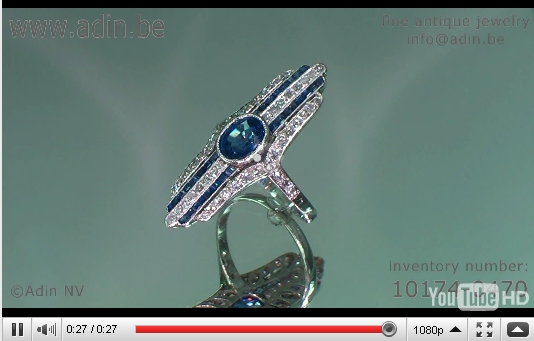 |
At Adin you will find many nice examples of Art Deco jewelry like this platinum, diamond and sapphire ring. The Art Deco style is a very famous and popular art movement that had a lot influence in the world of jewelry. Art Deco was introduced in the 1920s and ended in the 1930s.
The style emphasized a very abstract design with geometric patterns. The carre, baguette and emerald-cuts, which had been developed in the nineteenth century, where very popular in the 1920s because they blended so much with the geometrical lines of the Art Deco style. Most of the Art Deco jewelry has a very luxury design. Nowadays you can see that Art Deco style has still great influence on our designing in all kind of branches.
High tech antique jewelry dealers
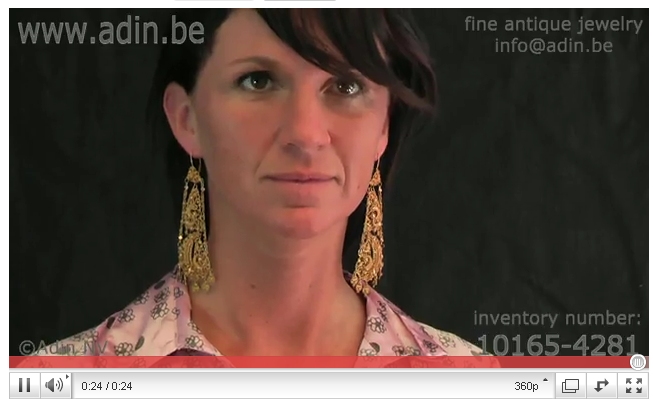 |
Many of our dear customers who are into antique jewelry are not necessarily high tech gadget aficionados. It is for them that this mailing is meant. We would like to explain just a little bit what you can do with the movies you will find more and more on the www.adin.be website.
Movies are available in several resolutions up to HD (High Definition). Default we will show the lowest resolution (360p).
You can change the resolution yourself to a higher by just clicking on this button:
![]() that you will find in the right down corner of the place of the movie.
You can also choose to make the movie screen filling by using this button:
that you will find in the right down corner of the place of the movie.
You can also choose to make the movie screen filling by using this button:
![]() that you will also find in the right lower corner.
And of course you can play the movies over and over for as many times as you like.
that you will also find in the right lower corner.
And of course you can play the movies over and over for as many times as you like.
Click here for all the antique jewelry we already have movies from.
Garden of Adin's pollen count forecast
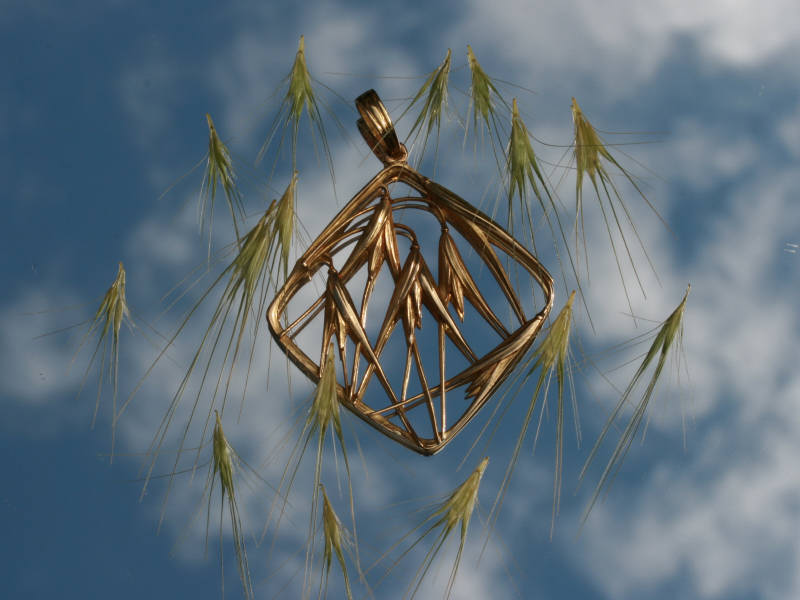 |
Pollen count begins to rise and the eyes will have it.
The quantity of pollen grains in the air of the Garden of Adin will be on the increase in the higher range. The cause for the rising pollen levels is unclear but an increase of this magnitude could make it more difficult for those with allergies to extreme nice estate jewelry.
Click here or the picture to go to the descriptive pages of this beauty.
Blooming beauties in the Garden of Adin
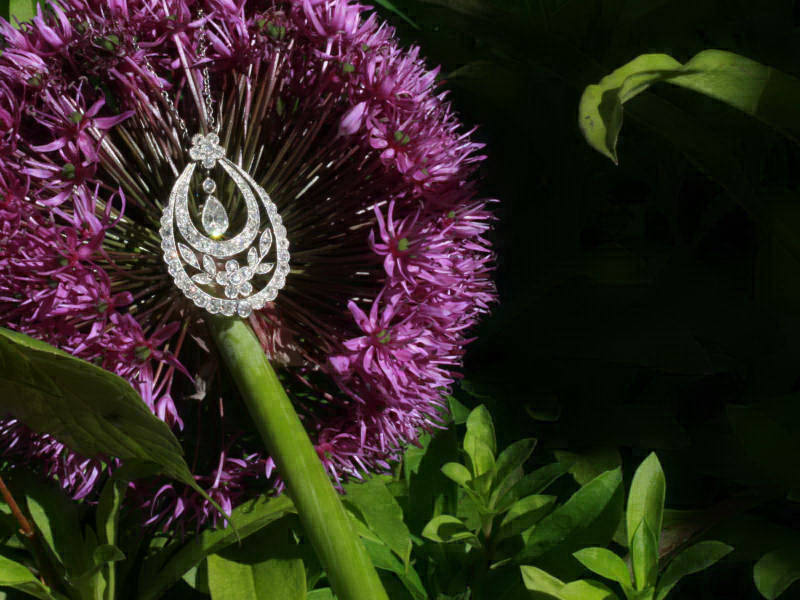 |
Platinum pendant with pear shaped diamond
Once upon a time,
in the Garden of Adin,
there was a flower so sublime,
shining with diamonds,
truly the Garderner's prime.
Proudly he acclaimed:
"This beauty can't stay unnamed!"
So he called it "Adin's beauty", unashamed.
We are sorry!
we can only make a few fathers happy this fathers day
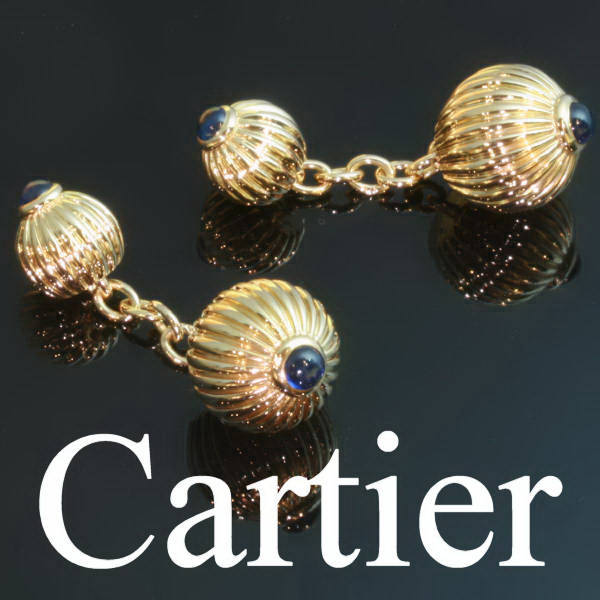 |
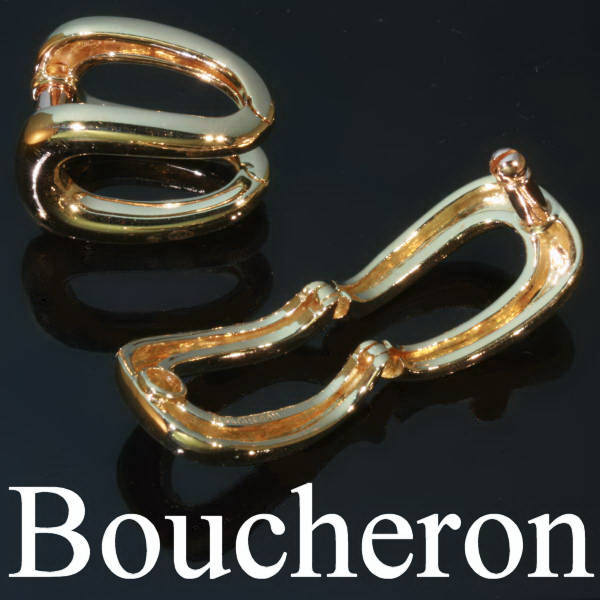 |
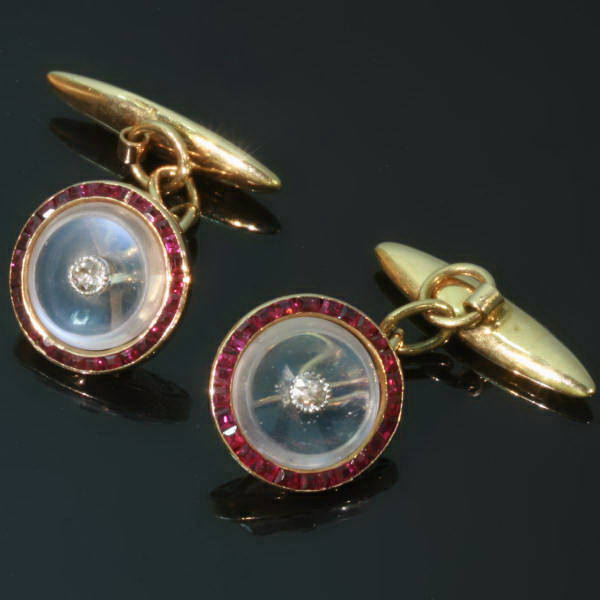 |
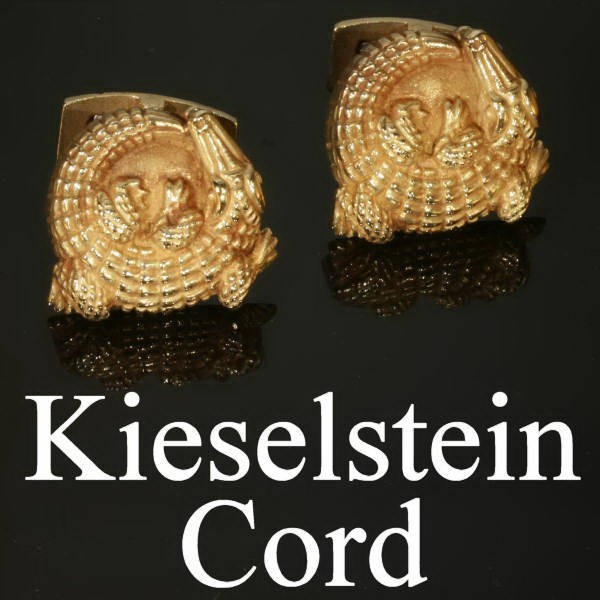 |
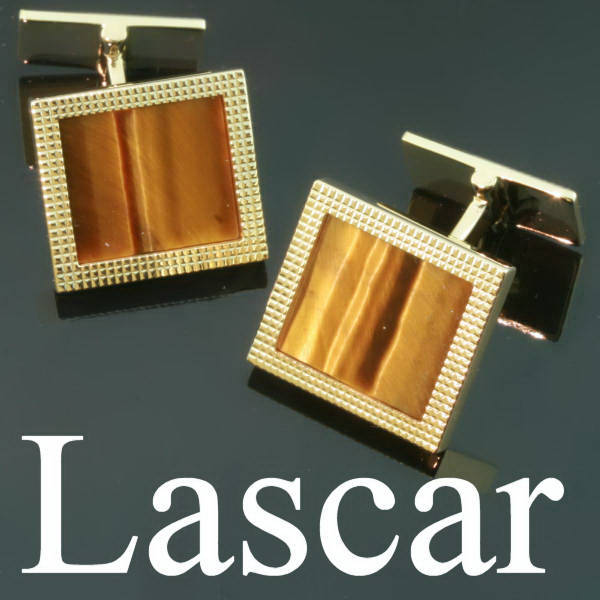 |
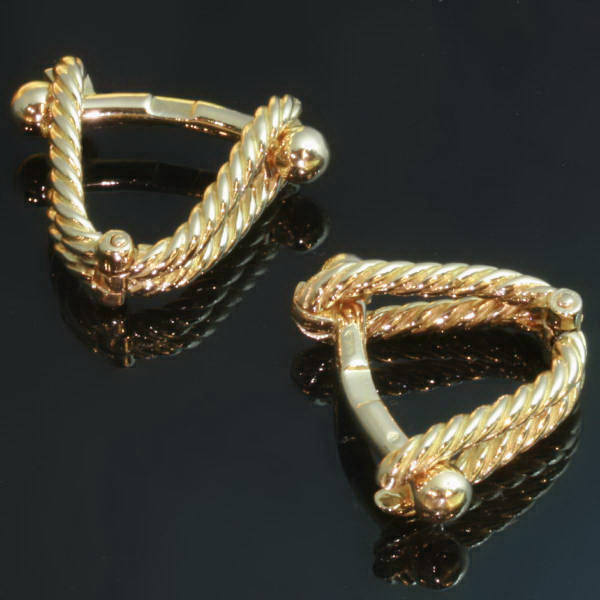 |
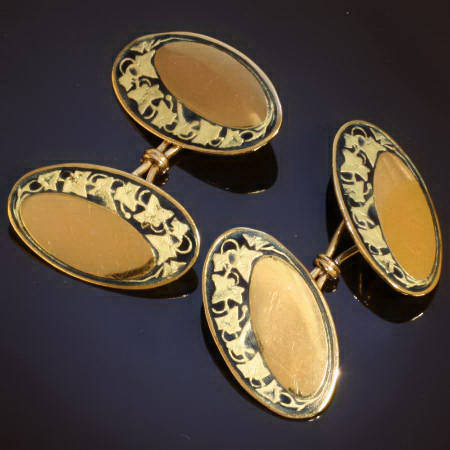 |
Happy |
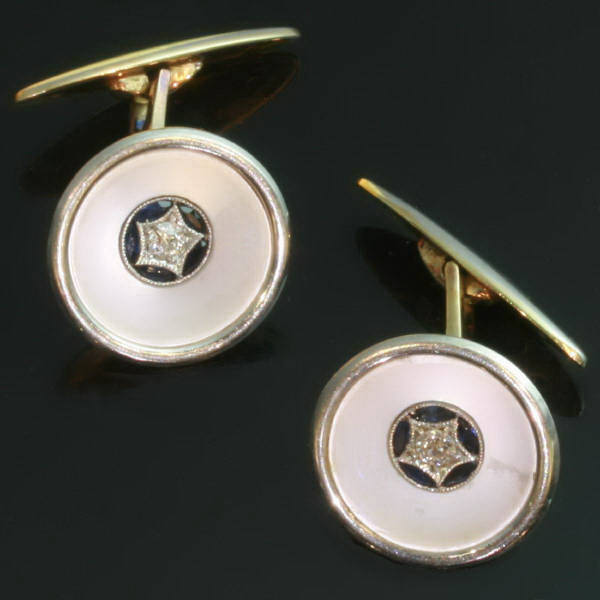 |
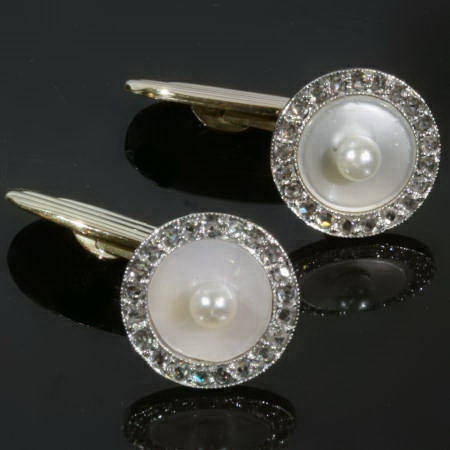 |
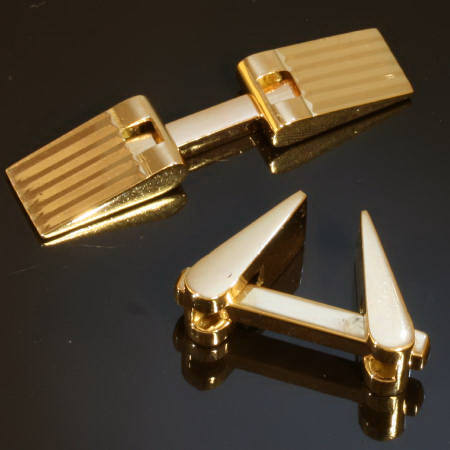 |
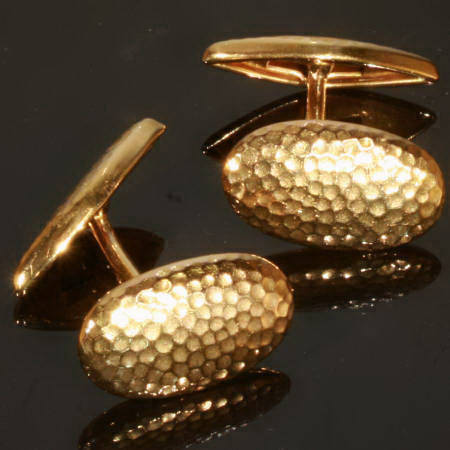 |
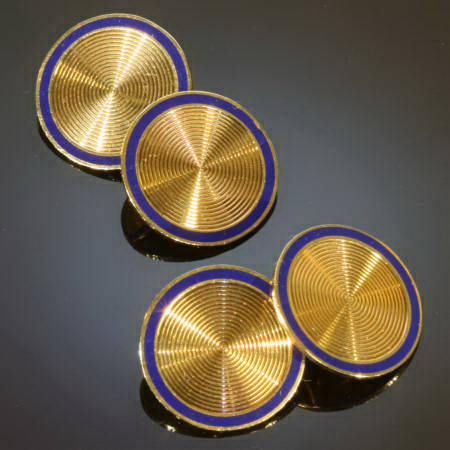 |
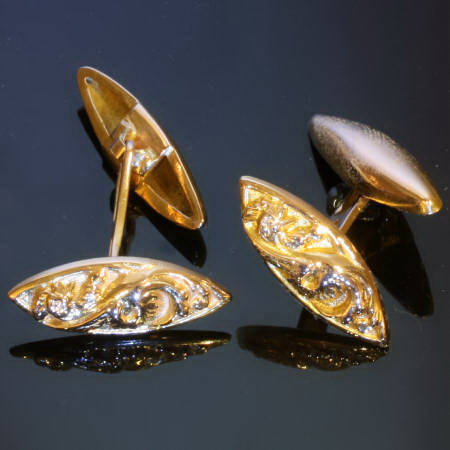 |
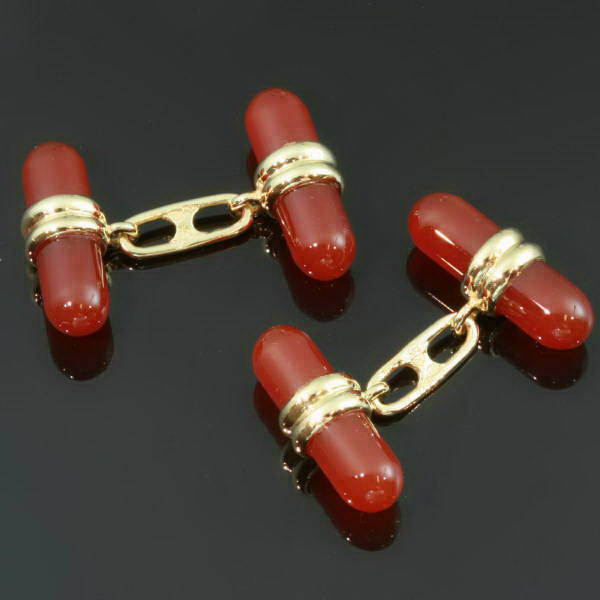 |
Click the pictures to go to the descriptive pages of the depicted cufflinks.
Adin goes Hollywood!
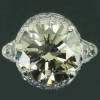 |
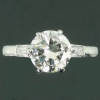 |
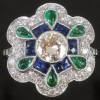 |
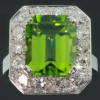 |
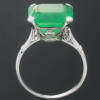 |
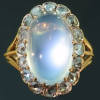 |
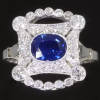 |
Now |
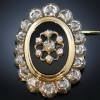 |
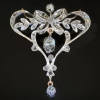 |
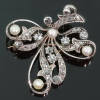 |
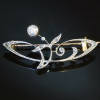 |
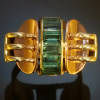 |
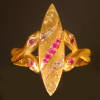 |
 |
We have been busy updating our system so in the near future we will be able to present you movies of all our pieces. We are almost out of the testing phase but we already wanted to share our enthusiasm with you by sending you the URL's of the articles we already did.
Enjoy!
Click one of the images above to be directed to their describing pages with movie.
Original early Georg Jensen Jewelry!
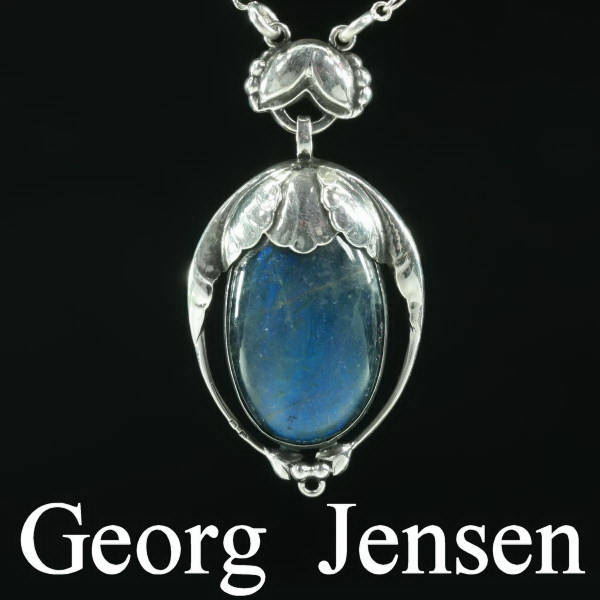 |
design Nº 54
Since Georg Jensen (1866-1935) founded his silversmith workshop in 1904, jewellery from the workshop has adhered to his motto: "Do not follow fashion, but be guided by the present if you want to stay young in the struggle". Ever since then, Georg Jensen's jewellery has reflected the period in which it was created. Just as the last century was distinguished by different periods, Georg Jensen's jewellery represents the different styles that appeared over the years.
Appearances can be deceptive
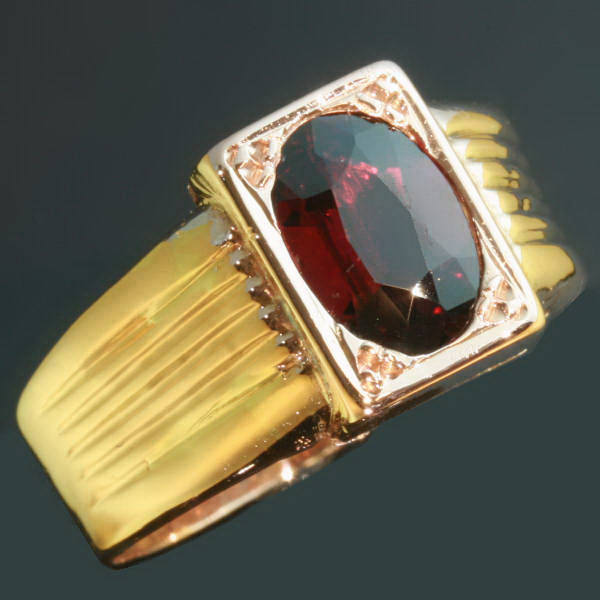 |
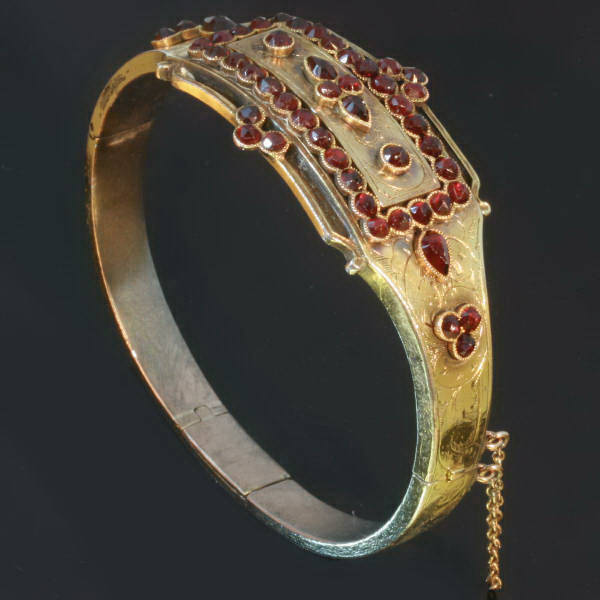 |
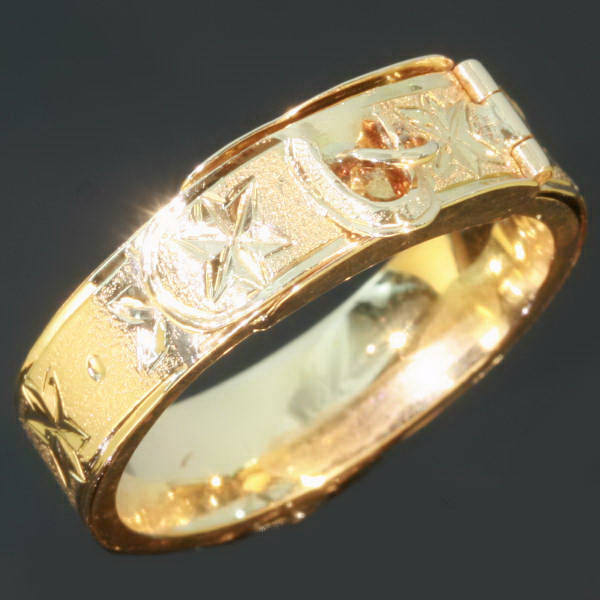 |
Take these pieces of antique jewelry, nothing special you would say. And we would be the first to agree. But they do have something special, they are so called poison rings and bangle. Jewelry like this (mostly rings) have been used throughout history to carry perfume, locks of hair, devotional relics, messages and other keepsakes and even in a very rare occasion, poison.
It is thought that this type of jewelry originated in ancient days of the Far East and India where it replaced the practice of wearing keepsakes, talismans and other items in pouches around the neck. The wearing of these poison rings was so practical that it spread to other parts of Asia, the Middle East and the Mediterranean before reaching Western Europe in the Middle Ages. By then the rings were also part of the “holy relic trade.”
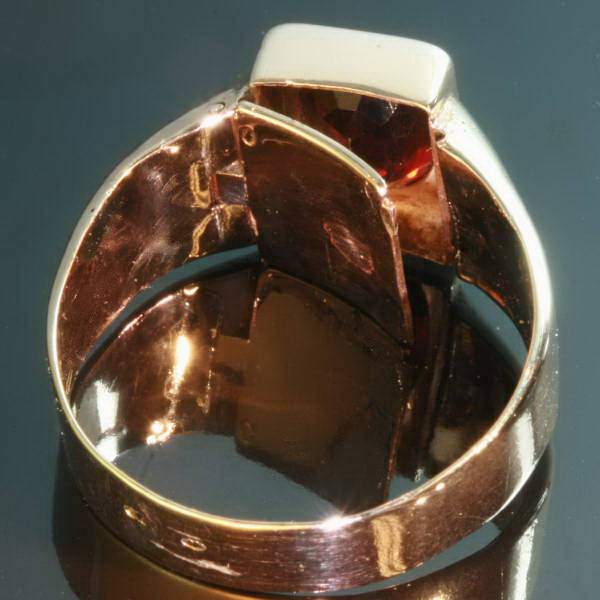 |
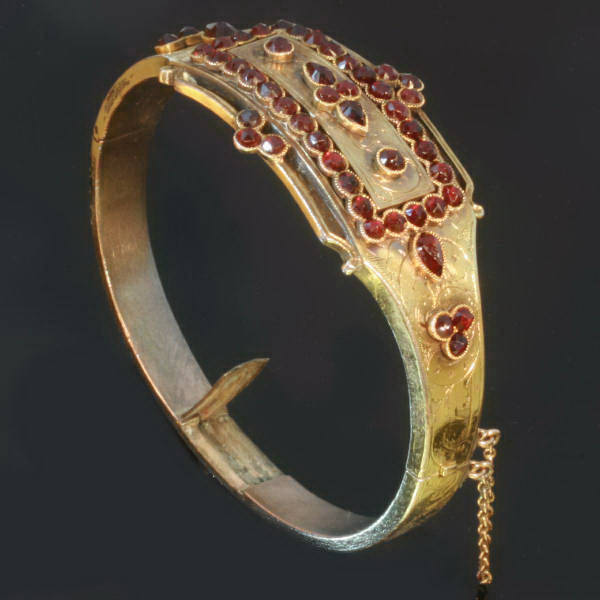 |
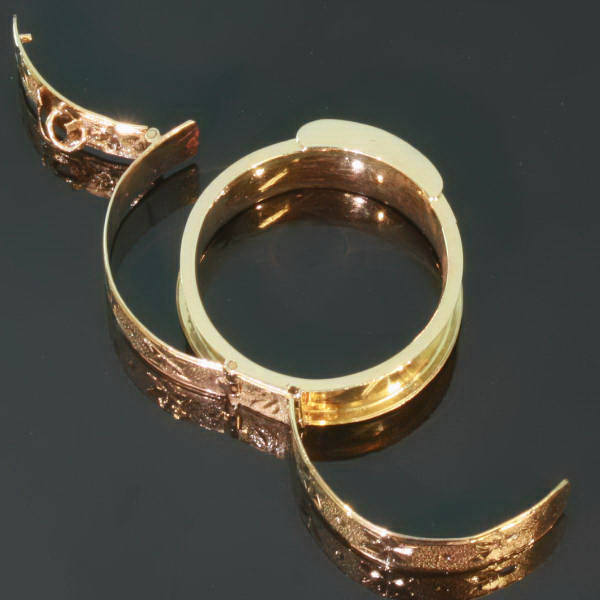 |
Click the pictures or here to see our jewelry with hidden spaces.
Pure Art Nouveau
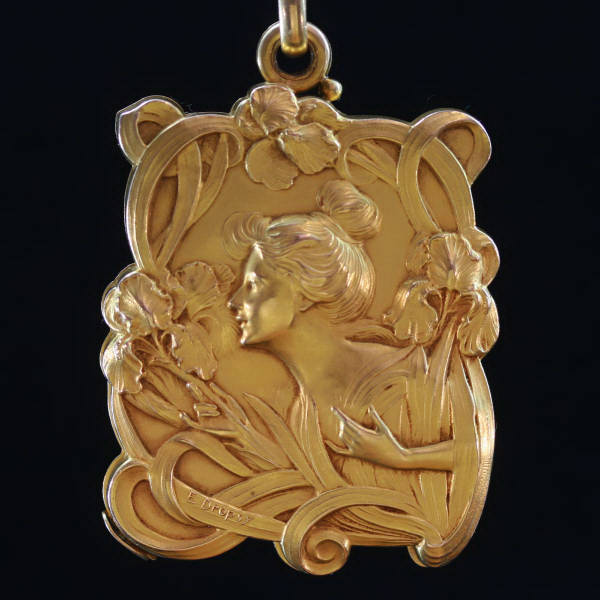 |
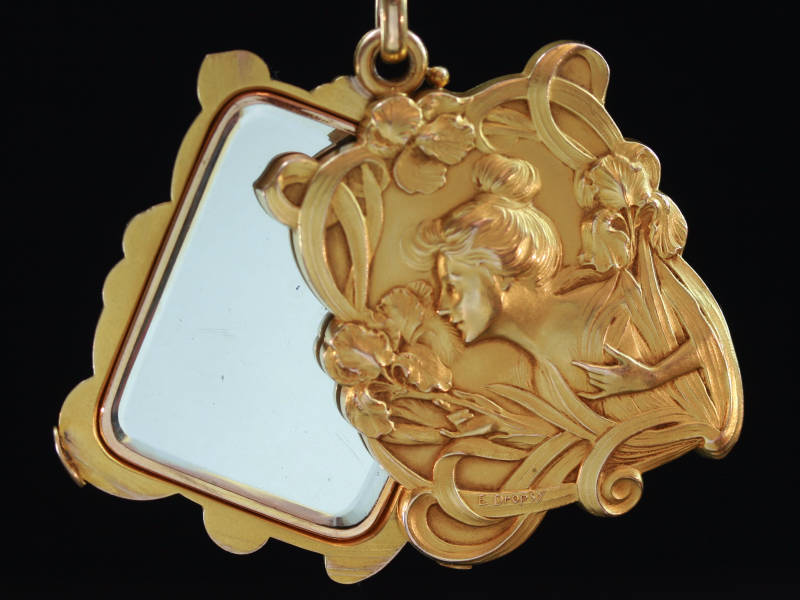 |
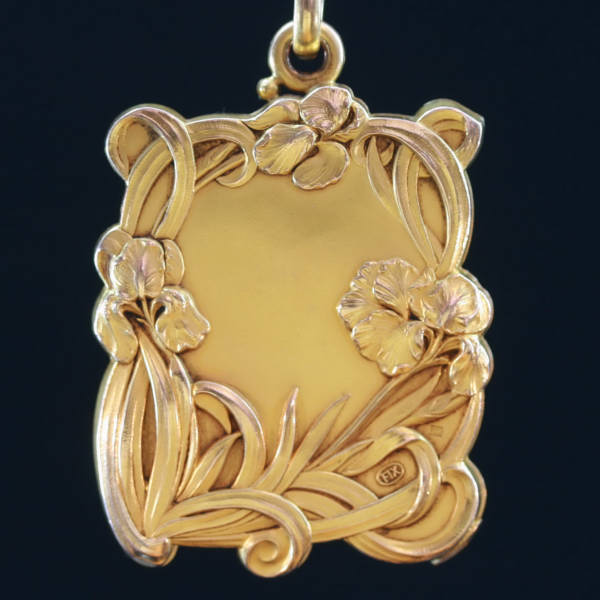 |
nothing more, nothing less
The name Art Nouveau most of us know but depending on the country the style has some different names. In Germany it was called "Jugendstil", after a magazine called Die Jugend (The Youth), in Holland "Slaoliestijl" (salad oil style) after an advertising for salad oil and in Italy "Floreale" or "Stile Liberty" (after the London store that featured it).
One of the joys of our métier is that every now and then we stumble upon a piece of absolute beauty. As was the case this week when the depicted Art Nouveau pendant was being offered to us. It's a sort of locket except there is no place for pictures because the original mirrors are still inside. Pure Art Nouveau, made in France, bigger then it appears on the picture (height 6.10 cm or 2.40 inch), fully signed E.Dropsy and of a quality that we hardly see. Look and enjoy!
Click the picture to read more about this fabulous piece of jewelry.
Museum director finds treasure
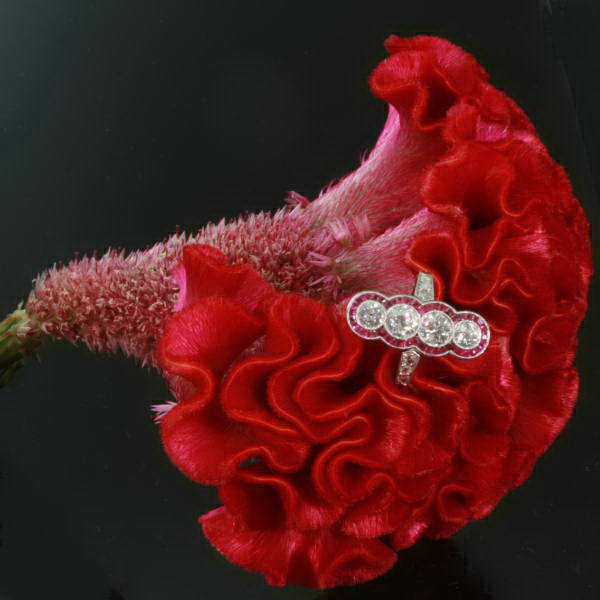 |
The “Four in a Row” dream ring
Once upon a time... in the Garden of Adin, a game was being played. The players, a gnome and a pixie, had several precious stones each, distinguished by color. They took turns in dropping these stones in one of the non-filled places by granting wishes that people dreamed. The pixie won by placing four brilliant cut diamonds consecutively in a line, which ended the game.
A recent American study has irrefutable concluded that the source of the so called "Four in a row" game has to be found in this Garden of Adin story.
When the ring was being offered, Mr. Elkan Wijnberg, conservator of the Adin Museum of Fairy Tale Artifacts, was there in a flash to preserve this “four in a row” dream ring for his museum where it is being offered in the museum-shop to its clientele.
Click the picture to read more about this fabulous "four in a row" dream ring.
New : Adin Wallpaper Gallery
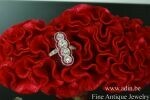 |
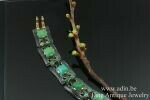 |
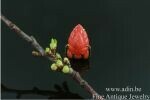 |
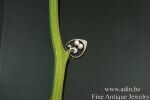 |
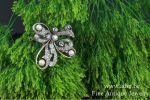 |
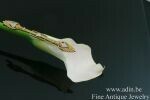 |
Because every desktop deserves a beautiful jewel
The Adin team is kindly offering you free wallpapers for your computer's desktop as a token of appreciation for your interest in our company.
Click one of the images above to be directed to our Wallpaper gallery.
The bird with the golden eggs
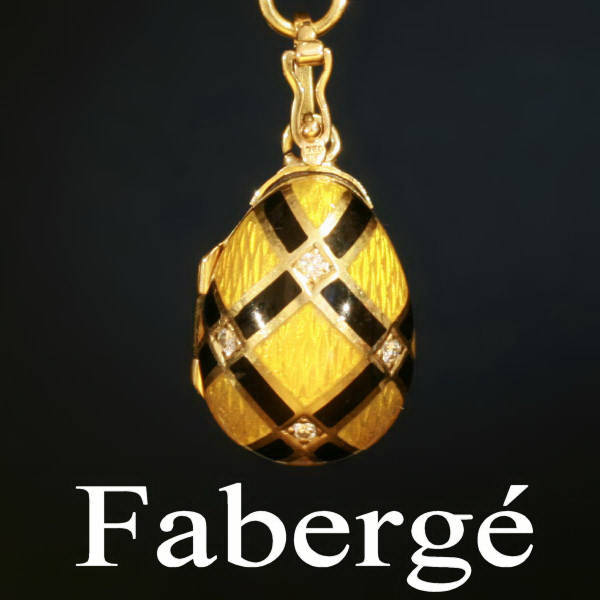 |
Easter in Garden of Adin
One day a countryman going to the nest of his goose found there an egg of pure gold. Every morning the same thing occurred, and he soon became rich by selling his eggs. As he grew rich he grew greedy; and thinking to get at once all the gold the goose could give, he killed it and opened it only to find, — nothing. (Æsop's fables, Sixth century B.C.)
The Gardener of Adin also has the good fortune to possess a bird which lays a golden egg every now and then. Lucky as he is, he read Æsop's fable which prevents him from being greedy and keeps him satisfied with what he has and hasn't. And any other farmer alike, the Gardener presents his eggs on the market where the Adin-followers have the possibility to purchase it.
First Plover's Egg found!
(in the Garden of Adin)
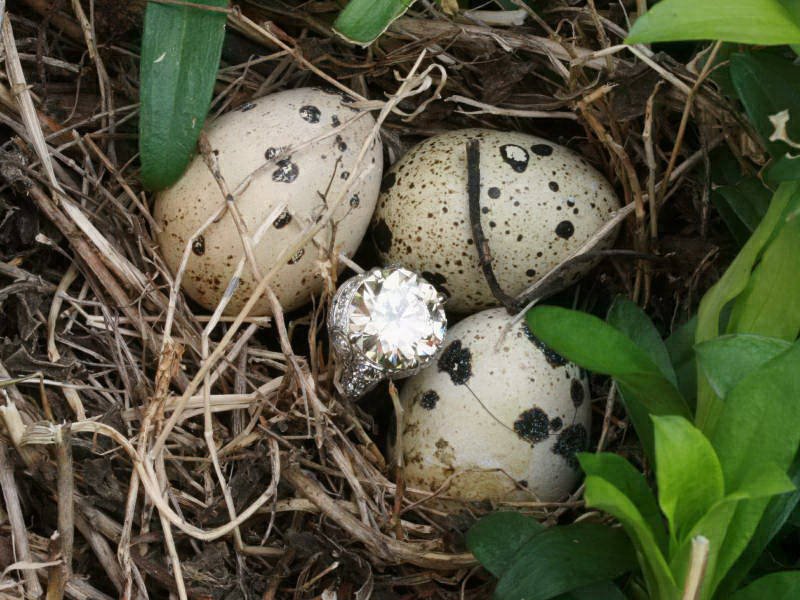 |
The sign of springtime!
ANTWERP, March 28 (Reuters) - In Friesland, the Northern part of Holland, it is an old tradition to offer the first found plover's egg in the springtime to the Queen. This first found egg (called in Dutch: "eerste kievitsei") is a symbol for the beginning of the springtime. So, still today although forbidden in the rest of Europe but allowed in Friesland on cultural historical grounds, people hunt for the first egg.
The Gardener of Adin, not aware of this yearly contest, stumbled upon a nest full of eggs when weeding the Garden of Adin, becoming the unintentional winner of this folkloric event.
The Adin Museum Of Fairy Tale Artifacts
proudly presents:
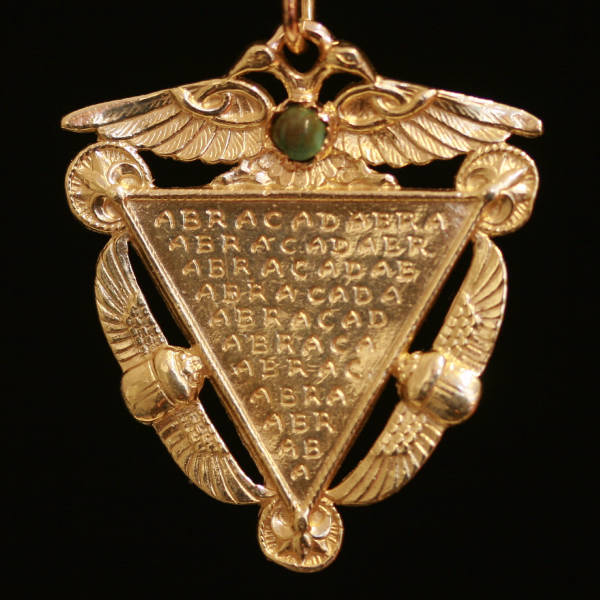 |
"The Magical Abracadabra pendant"
Once upon a time... a long long time ago, people used to hang a piece of parchment around their neck with the word Abracadabra written down in a triangular pattern to be protected from various diseases and to be cured of fever to lead the evil energy to the ground.
The first known mention of the word ABRACADABRA was in the 2nd century AD in a Roman poem called "De Medicina Praecepta". Abracadabra sounds as the Aramaic word “Abrahadabra” which roughly translates into "I will create as I speak." it could also derive from the Hebrew “Abreg ad hãbra” meaning “strike dead with thy lightning”.
On the other side of the pendant we can read "De vos mains grossières, Parmi des poussières, Écrivez, sorcières : Abracadabra" which translates to “Witches with your raugh hands, write in the dust : Abracadabra”. This is from a text from Victor Hugo's “Odes et ballades 14”. Victor Hugo is also the author of the famous “Les Miserables”.
This pendant is simply loaded with symbolism. We also can recognize a double headed bird and two flying scarabs. Not that we know the symbolic link with the turquoise that is used but we are pretty sure it has been used for some symbolic reason too.
The Adin Museum Of Fairy Tale Artifacts
proudly presents:
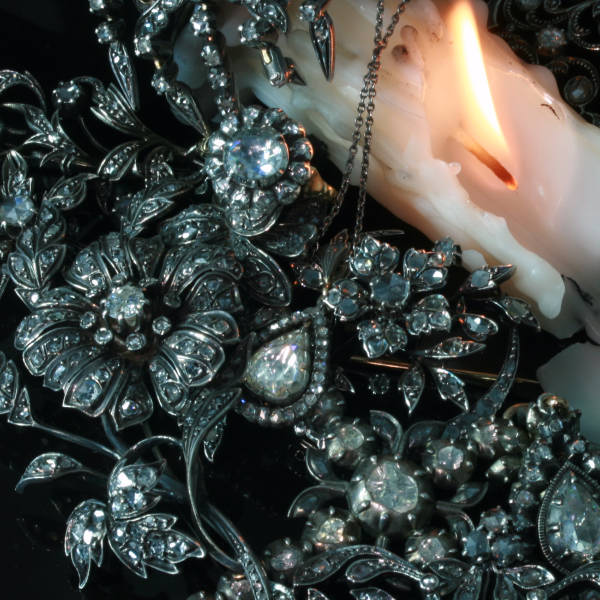 |
"Shining and glittering in the candlelight"
Once upon a time... a long long time ago, soirées (French for... "soirees") were illuminated by romantic glimmering candlelight, smelly oil lamps and asphyxiating smothering torches. And all the people were happy (deep sigh) and their pieces of jewelry set with rose cut diamonds were shining and sparkling as beautiful as can be...
To many antique jewelry experts, this is the reason why goldsmiths of those days used rose cut diamonds; so the jewels would sparkle better in the candle light. To prove this, the Adin Museum of Fairy Tale Artifacts is showcasing some of their rose cut diamond jewelry in a candlelight environment. There remains the question that in what other than the light of candles, oil lamps and torches rose cut diamonds had to sparkle, since there wasn't any electricity yet.
Click the picture to get to the Museum's collection of rose cut diamond jewelry.
The Adin Museum Of Fairy Tale Artifacts
proudly presents:
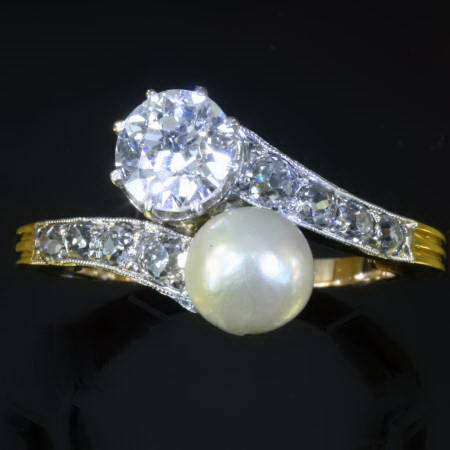 |
"The Romantic French"
Once upon a time... in the center of the world, in the center of the universe there was a country that, just for this story sake, we will call France. The people who lived there were romantic as can be. All the things they did had a certain “je ne sais quoi”. For example “love” they wouldn't simply call it “love” but they called it “amour”....awwwhhhh they were so romantic !
From this romantic perspective they invented a special shaped ring, reflecting the intense relationship between two people and they called this ring the “Toi et Moi”... (You and Me). It is not surprising that the Adin Museum of Fairy Tale Artifacts has been on the hunt to get these rings into its collection. And it is with great pride that we can show you this collection by clicking on the above depicted “Toi et Moi” ring.
Click the picture to get to the Museum's collection of "Toi and Moi" rings.
The Adin Museum Of Fairy Tale Artifacts
proudly presents:
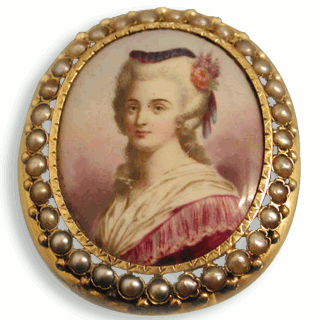 |
"The winking portrait brooch"
Once upon a time... there was a princess who couldn't stop winking. The best doctors in the land were consulted but nobody could cure the princess. Then it was ordained that the man who could cure the princess would marry her. Needless to say, this attracted hundreds and hundreds of fortune seekers but no one could help the winking princess.
Till one day a poor painter came in. He told the king he could trap the wink in a painting. The king, not knowing what else to do decided to let the painter have his way. The painter did as he promissed, then married the princess and they lived on happily ever after.
It is only recently that Adin Museum of Fairy Tale Artifacts discovered this painting in a brooch. When watching really closely you might still see her wink. Chief conservator of the Museum, Mr. Elkan Wijnberg told us that strangely enough once out of the museum the brooch stops winking.
The brooch might still be available for purchase in the museum for a fairy price.
Click the picture for more information on this
Pre Victorian painted portait brooch
(With many thanks to Chaïm for his creative contribution.)
The Adin Museum Of Fairy Tale Artifacts
proudly presents:
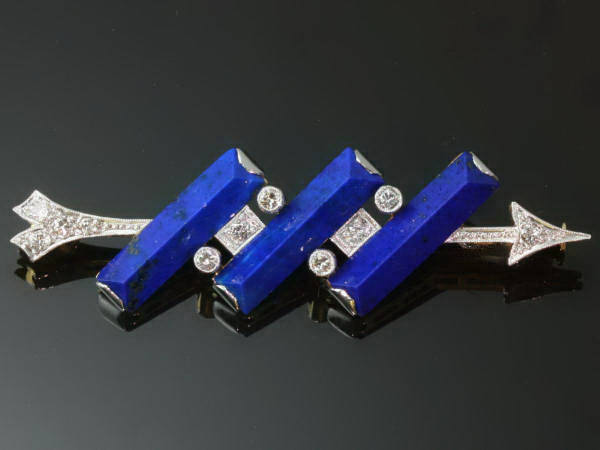 |
"Life is a struggle but your love is my force"
Our latest theme, the “once upon a time” sequence seems to be stirring up romantic inspiration among our readers. One of them had himself inspired by the pictured brooch to write the following romantic fairy tale...
Once upon a time... there was a poor paladin with a pure heart who's name is forgotten long time ago but the memories to him remain intact. The poor paladin loved and was loved in secret by the princess of seas and lands. To reach her kingdom and be blessed by her beauty forever, 3 massive walls had to be conquered. Trust, Faith and Loyalty were their names. The paladin overtook these obstacles with persistence and finally reached the princess to spend the rest of their lives together in loving harmony. This brooch immortalizes the paladin's journey.
With many thanks to François!
Click the picture for more information on this
Diamond arrow brooch perforating three solid bars of lapis lazuli.
The Adin Museum Of Fairy Tale Artifacts
proudly presents:
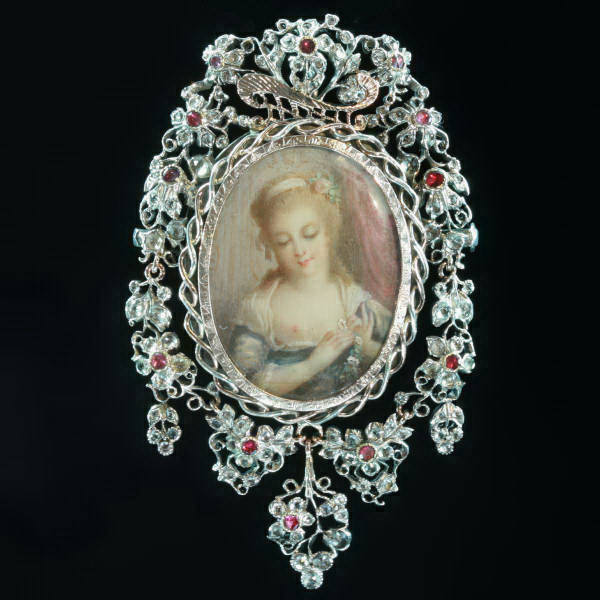 |
The link between jewelry and food
Once upon a time... long long time ago, somewhere in the 15th Century, there was a woman at the French court who introduced a trend that some 600 years later would bring Janet Jackson legal trouble.
True, but we only have one charming reason to believe that the woman depicted in this 19th Century brooch/pendant is Agnès Sorel (1422 – 1450). Agnès Sorel was twenty years old when she was first introduced to King Charles. At that time, she was holding a position in the household of Rene I of Naples, Charles' brother-in-law. As reflected in art of the day, she was an extraordinarily beautiful young woman, and was also extremely intelligent. The French king was immediately smitten by her charms and took her as his mistress; he even gave her the Château de Loches (where he had been persuaded by Joan of Arc to be crowned King of France) as her private residence. She entered the French court in 1444 and introduced the single bare-breasted decolletage becoming a real trendsetter for many noble ladies following her example.
For reasons we do not know of, several dishes are named after her (a real attacker is the Agnès Sorel Cream Soup). She really got noticed; not a bad achievement for a woman who lived so long ago for such a short period of time.
Click the picture for more information on this
Victorian romantic brooch pendant with painted miniature on ivory and paste stones.
The Adin Museum Of Fairy Tale Artifacts
proudly presents:
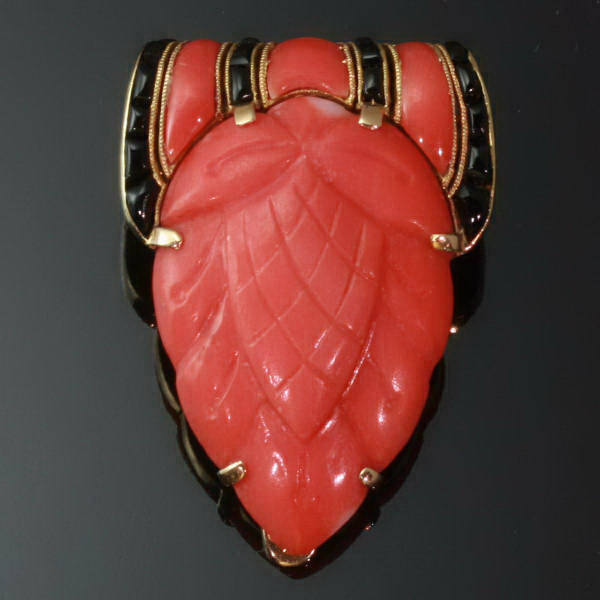 |
How to tell a True Princess?
Once upon a time... there was a queen-mother that wanted to check if her future daughter-in-law was the real princess she claimed to be.
She went into the bed-room and hid there a beautiful Art Deco clip. In the morning the princess was asked how she had slept. "Oh, very badly!" said she. "I hardly closed my eyes all night. I felt a presence of sheer beauty."
Nobody but a real princess could be as sensitive as that.
So the prince took her for his wife, for now he knew that he had a 'real' princess; and the clip was put in the Adin Museum of Fairy Tale Artifacts, where it may still be seen, provided no one has bought it!
Click the picture for more information on this magnificent Art-Deco clip.
The Adin Museum Of Fairy Tale Artifacts
reveals historic secret:
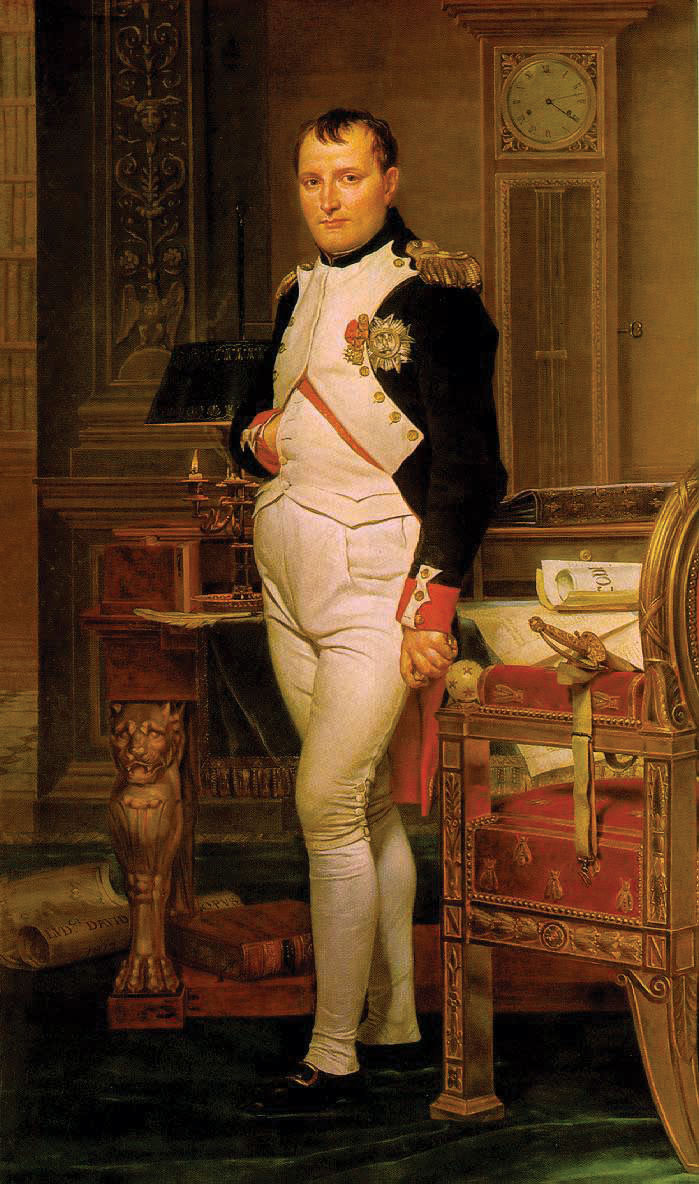 |
What was Nappy holding in his right hand?
Once upon a time... it must have been shortly before Valentine's day when Napoleon's court painter took an instant snapshot of the emperor when he was on his way to the woman he loved. Napoleon with the jewel in his right hand, in a reflex, hid the jewel under his waistcoat.
For a long time the existence of this jewel has been a source of dispute between jewelry historians around the world. It's only shortly that Mr. Elkan Wijnberg, chief conservator of the Adin Antique Jewelry Museum of Fairy Tale Artifacts revealed what it was.
Mr. Wijnberg told us: "Napoleon, being way ahead of his time, loved jewelry from the 1950's. And what was better then to express his emotions to the woman of his dreams then by offering her a pendant with the romantic text: 'Because I love you more and more each day, today more than yesterday but less than tomorrow'. It is not a public secret that Napoleon, a man of little words, prefered to speak French above English thus the text was translated into '+ qu'hier et - que demain'."
Now it is with great pride and ultimate joy that the Adin Antique Jewelry Museum of Fairy Tale Artifacts exibits the actual piece of jewelry that Napoleon held in his right hand on this picture.
Click the picture for more information on this antique jewelry love token.
The Adin Museum Of Fairy Tale Artifacts
proudly presents:
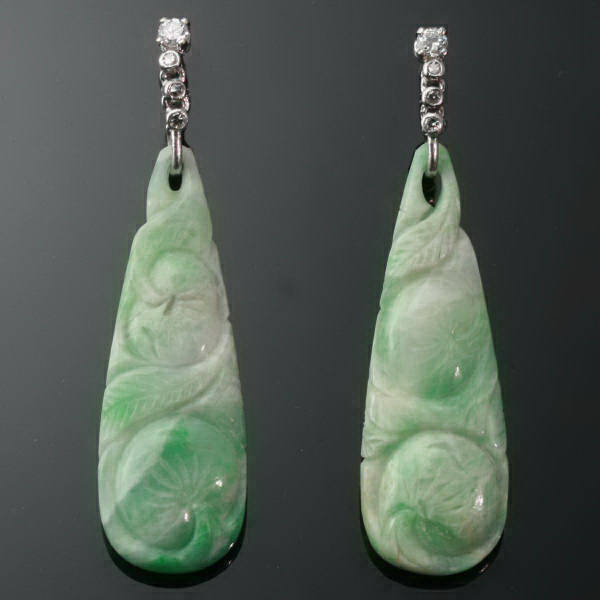 |
Art Deco jade eardrops.
Once upon a time... long, long ago, there was a snow-white Jade Dragon, living in a rock cave on the east bank of the Celestial River. In the great forest across the river lived a beautiful Golden Phoenix.
Leaving their home every morning, the dragon and the phoenix met each other before going their different ways. One flew in the sky, while the other swam in the Celestial River. One day, both came to a fairy island. There they found two shining pebbles and were fascinated by their beauty.
"Look, how beautiful these pebbles are!" Golden Phoenix said to Jade Dragon.
"Let's carve them into pendants," said Jade Dragon.
Golden Phoenix nodded in agreement. Then they started working on it, Jade Dragon using his claws and Golden Phoenix her beak. They carved the pebbles day after day, month after month, until they finally made them into perfect pendants. In high spirits Golden Phoenix flew to the sacred mountain to gather diamonds and Jade Dragon carried a lot of clear platinum from the Celestial River. They sprinkled and washed the pendants with diamonds and platinum. Gradually the pendants turned into dazzling eardrops.
It is with great pride that the curator of the Adin Museum of Fairy Tale Artifacts presents these dazzling eardrops in his collection.
Click the picture for more information on these beautiful pebbles.
The Adin Museum Of Fairy Tale Artefacts
proudly presents:
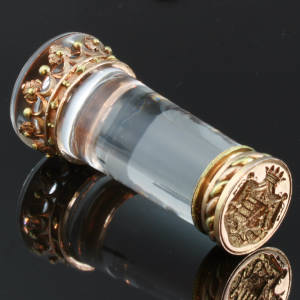 |
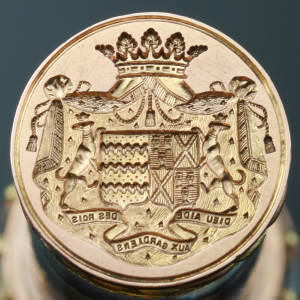 |
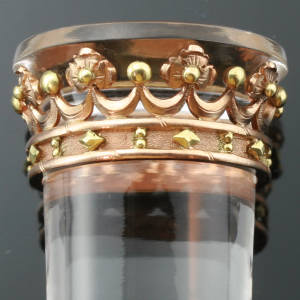 |
A royal seal!
Once upon a time... there were three kings that went on a relic-quest to the Holy Land. Their remains were transported to Cologne by Frederick Barbarossa where they rest today. As a reminiscence to this quest the family de Grammont intergrated the three heads in their family crest.
The family de Grammont are among the five most noble families in France and come from the family of the barons de Granges, barons of the county of Bourgogne in France. This family had many great officers at the court and armies of the Dukes of Bourgogne, and three archbishops of Besançon. Four Grammonts were lieutenant generals in the armies of the King of France in the eighteenth century. The family crest of de Grammont bears also the crosses of Bourgogne.
The Adin Museum Of Fairy Tale Artefacts
proudly presents:
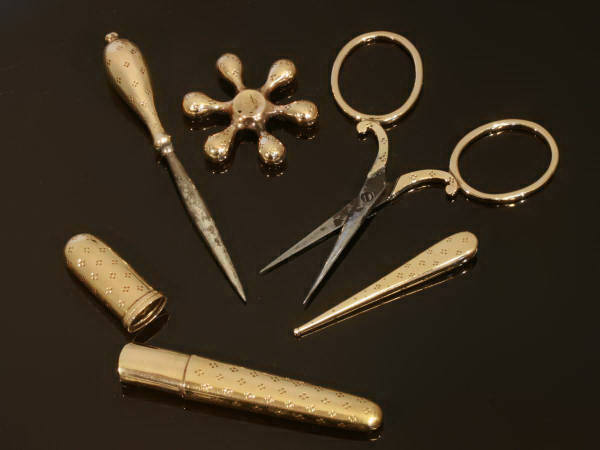 |
The original Cinderella gold sewing kit!
ANTWERP, Januari 17 (Reuters) – A master plan released today will dramatically overhaul the Garden of Adin, incorporating the innovative feature of "The Adin Museum Of Fairy Tale Artefacts”. Garden of Adin Education Commissioner Elkan Wijnberg released the master plan today after presenting it Friday to the Board of Regents, where it was enthusiastically received.
He also announced the first exciting donation to the Museum and gave us the story behind it: Once upon a time there was a princess that we will call Cinderella. Cinderella had an exciting life covered well by all the glossy magazines. For old time sake she repaired the clothes of the rest of the noble family but as privilege entails responsibility she did so with this gold set.
Bishops ring with intriguing mystery!
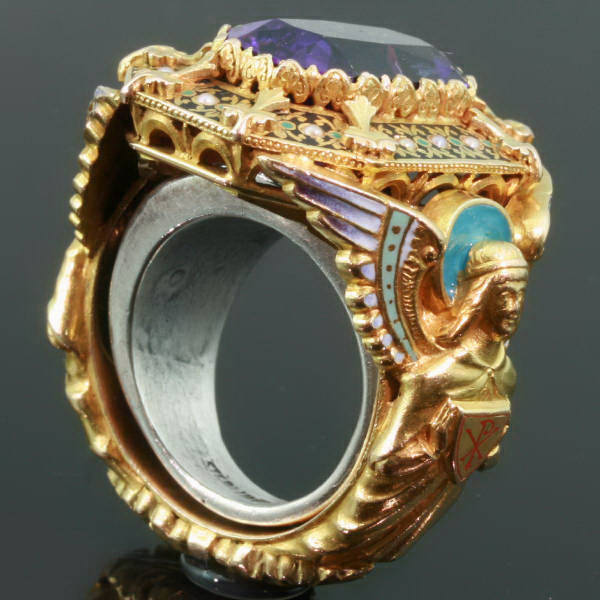 |
Top notch quality!
A bishops ring is not an every day object in our inventory. In the almost 30 years of experience in the antique jewelry trade we can recall to have purchased only two before. (One of them was used in the movie "The Da Vinci code" based on the best seller by Dan Brown. It was worn by Alfred Molino playing the role of Bishop Aringarosa.)
There is something odd about this ring. Not the bishops ring itself but the ring that comes with it. Inside the bishops ring we found a silver ring hidden with in relief a gold wolf. Bishops rings are normally worn on gloves so their size is "a bit larger then normal". But to find another ring hidden into such ring puzzles us. A hidden ring with a non-Christian motif. What could be the story behind this? Why would a person wearing such ring find it important to hide an extra symbol to this high profile ring and hide it?



